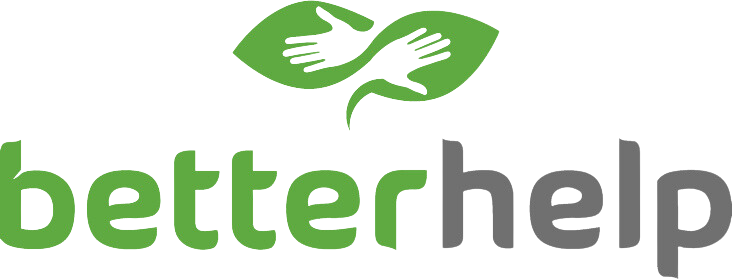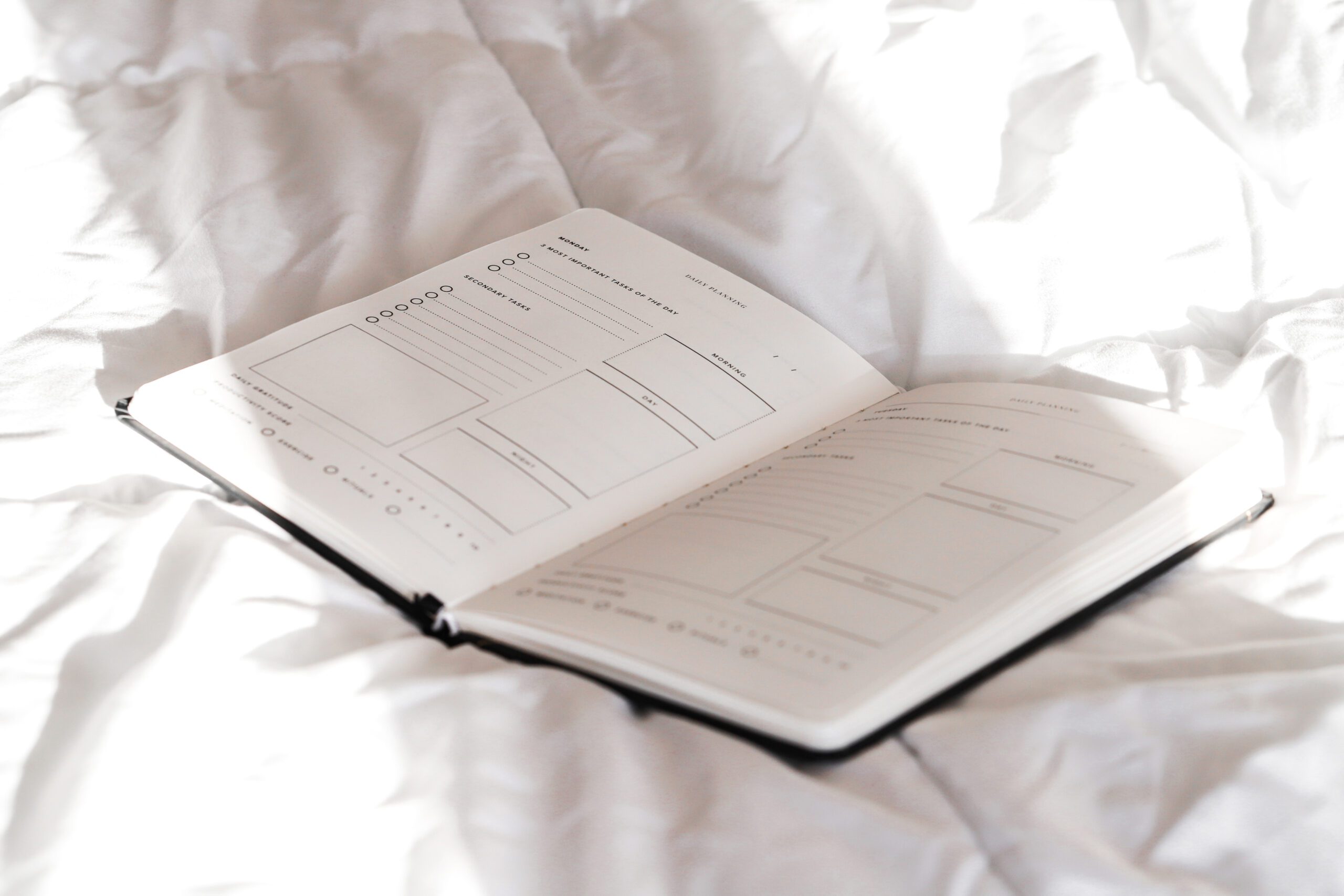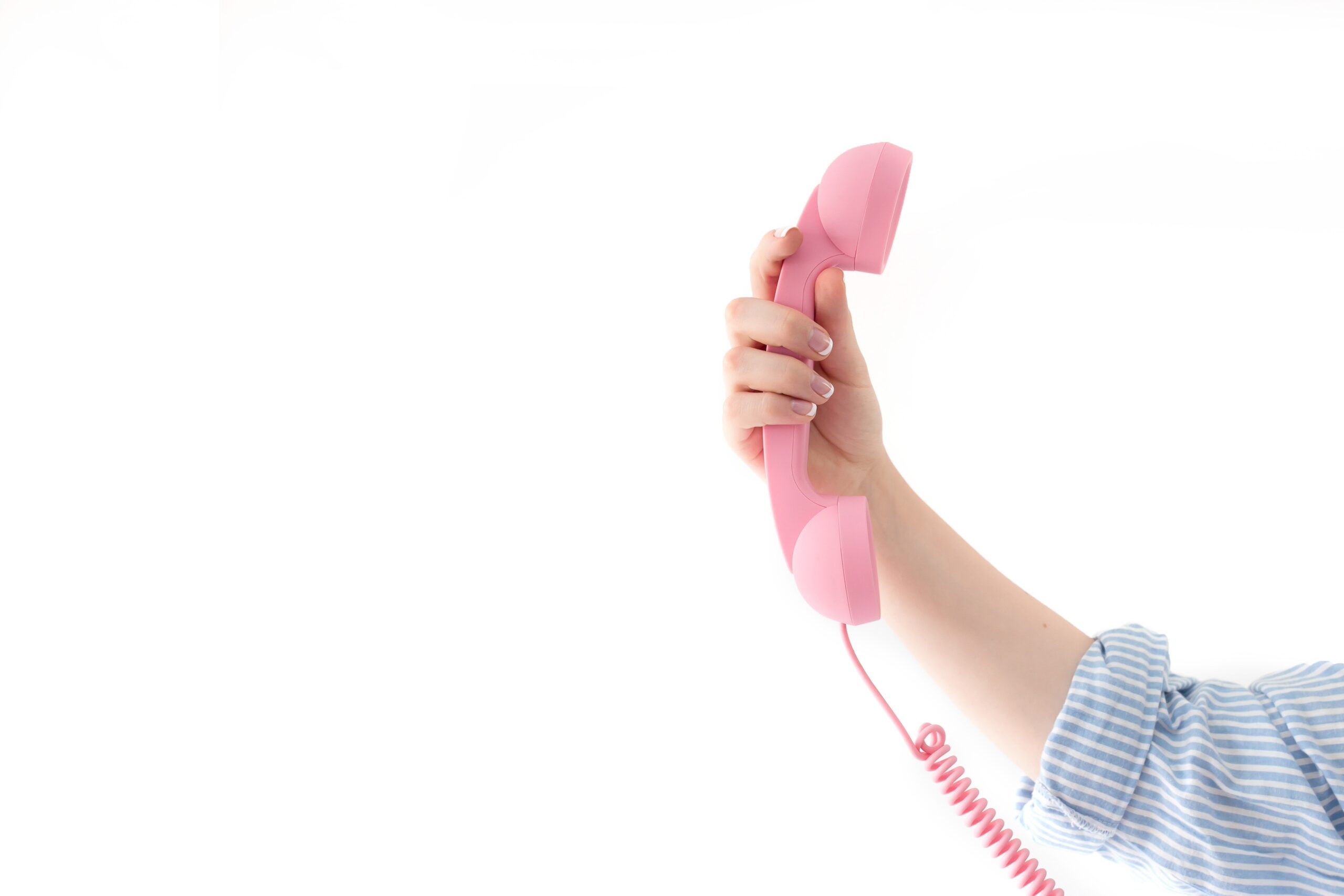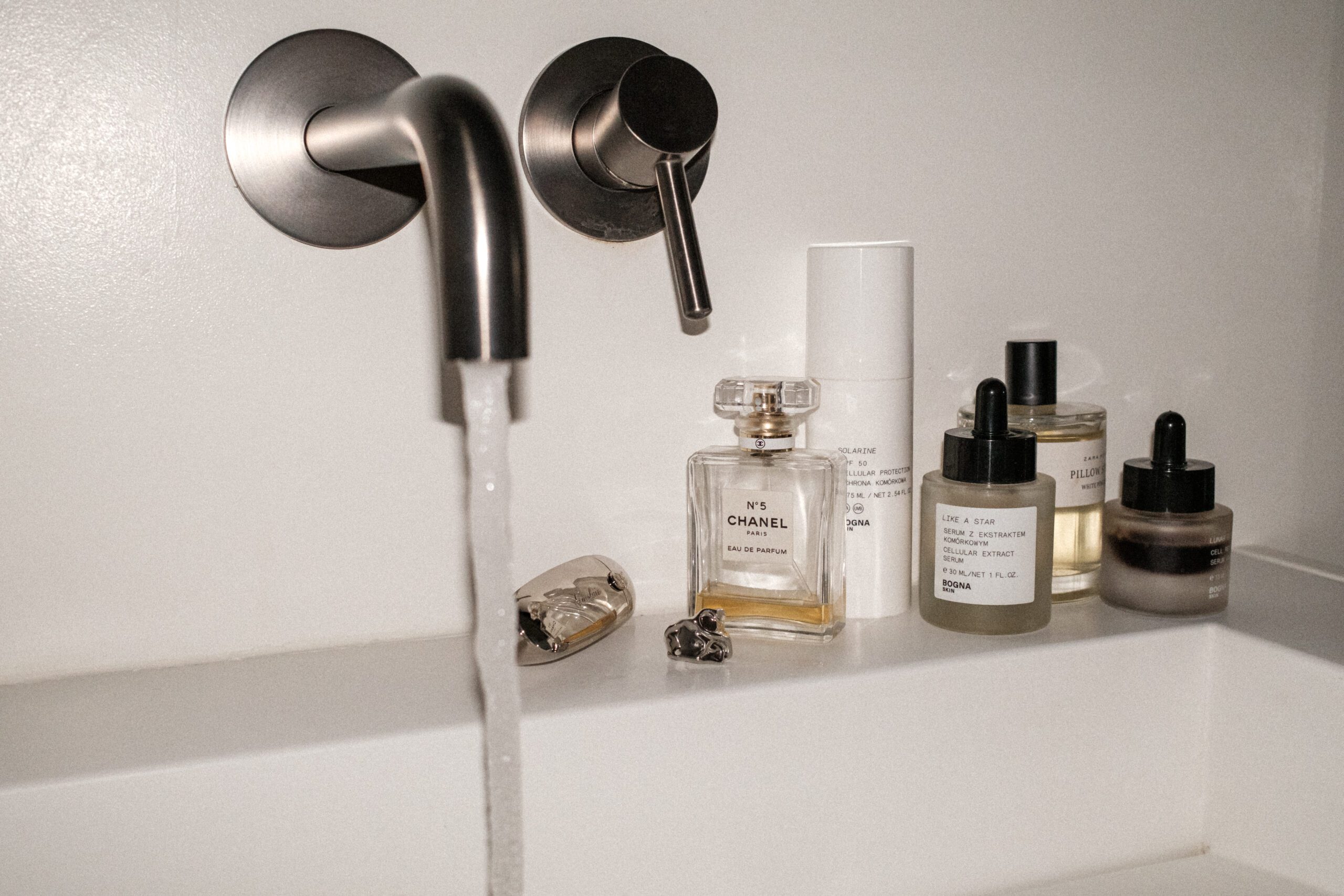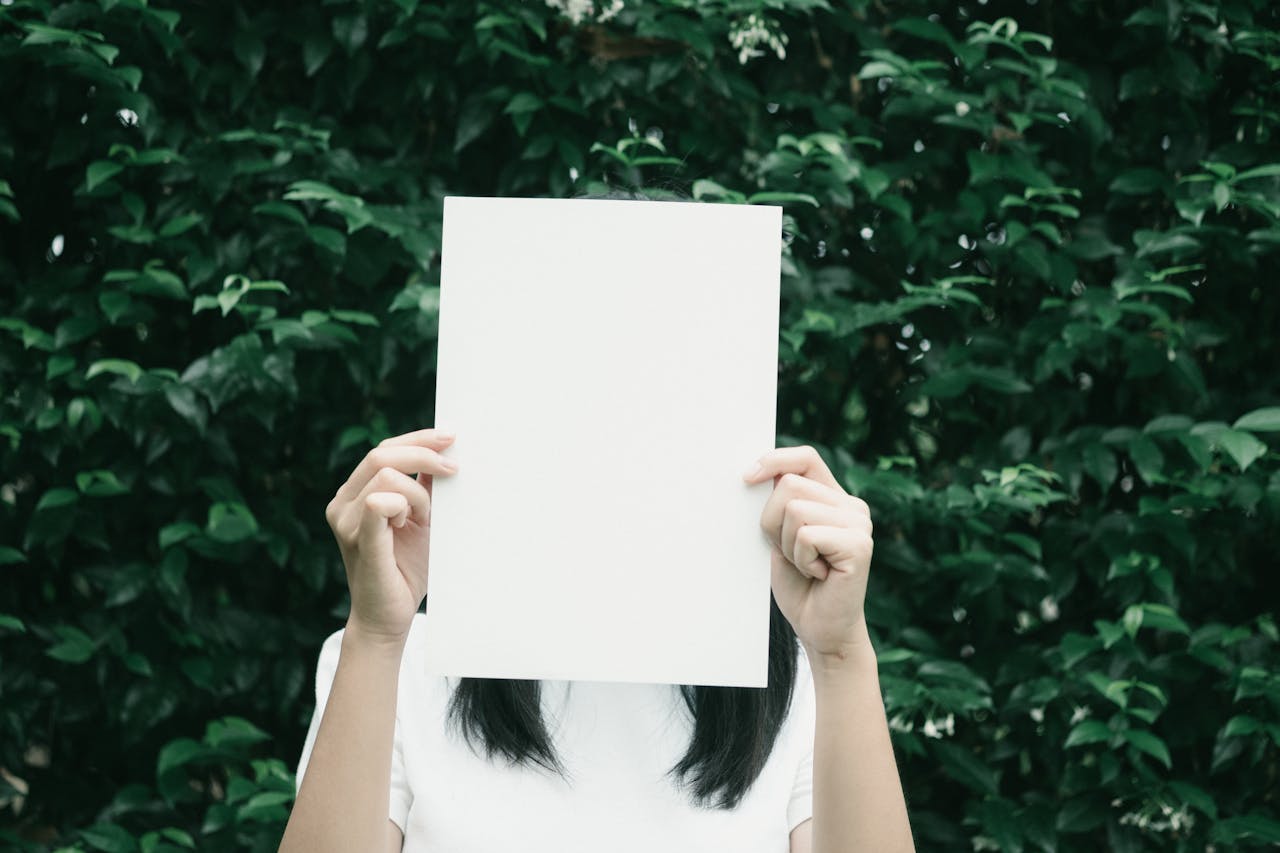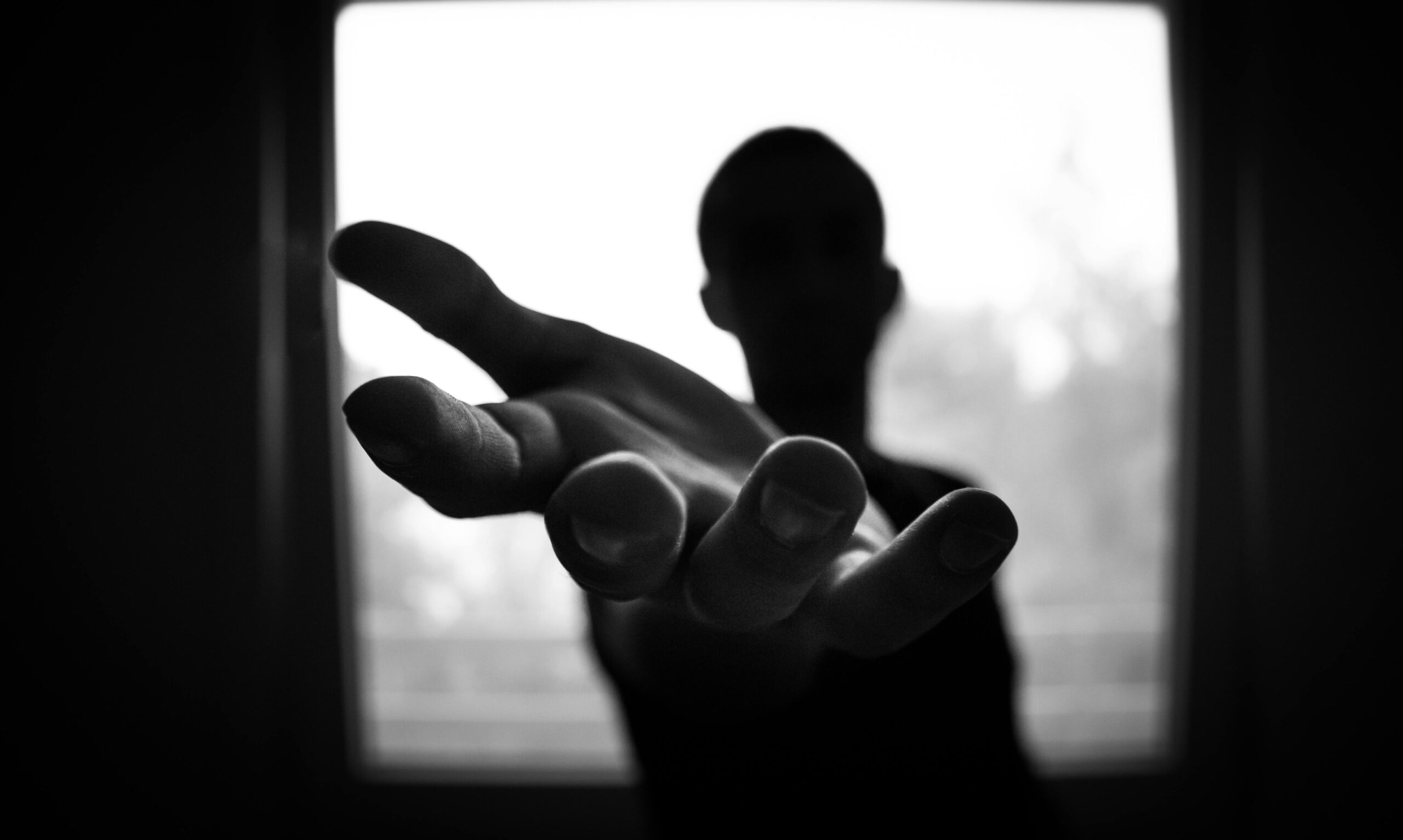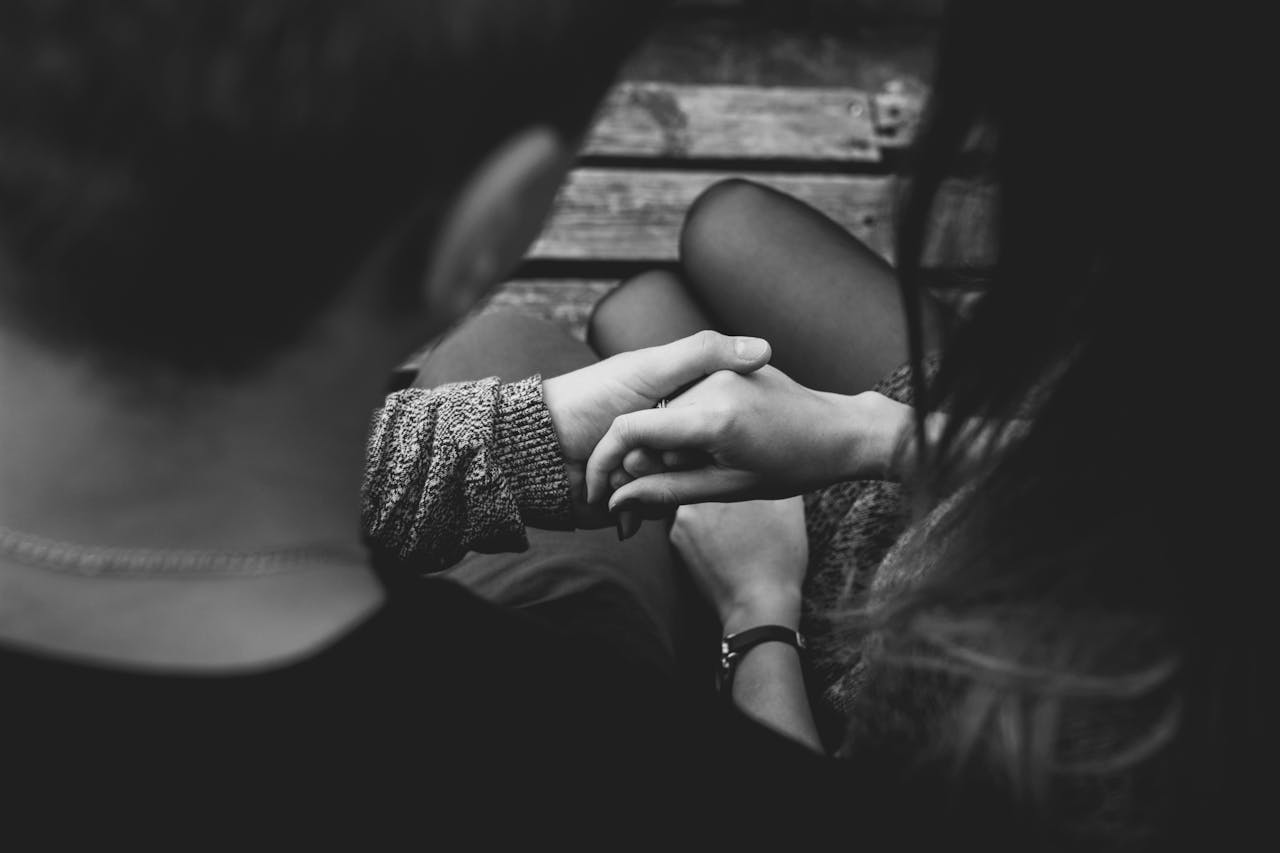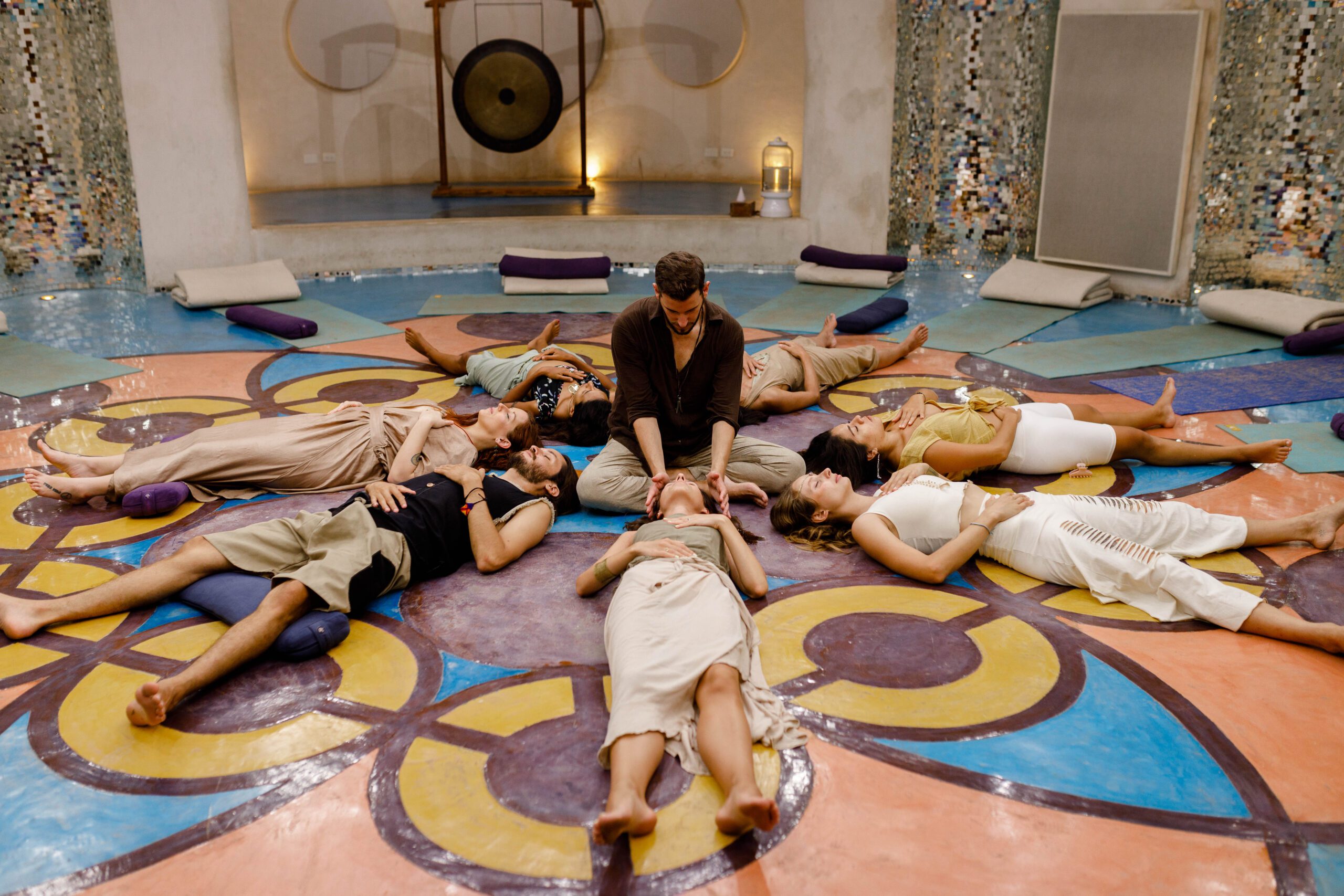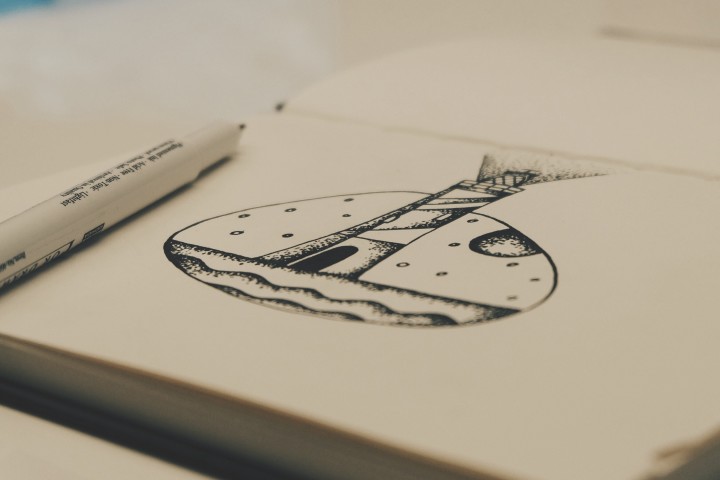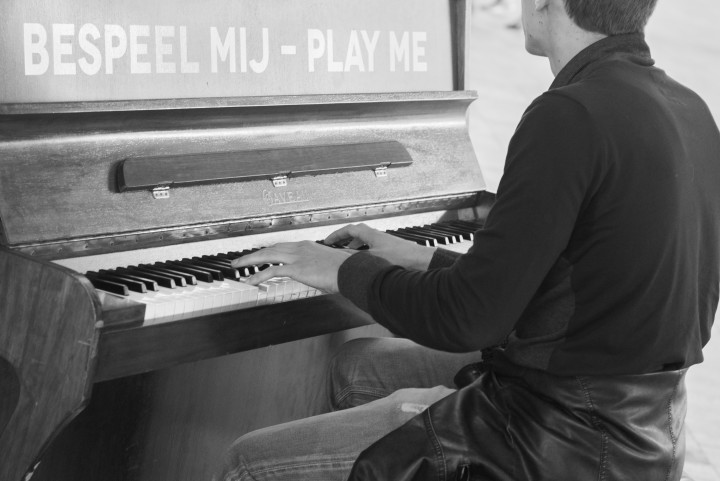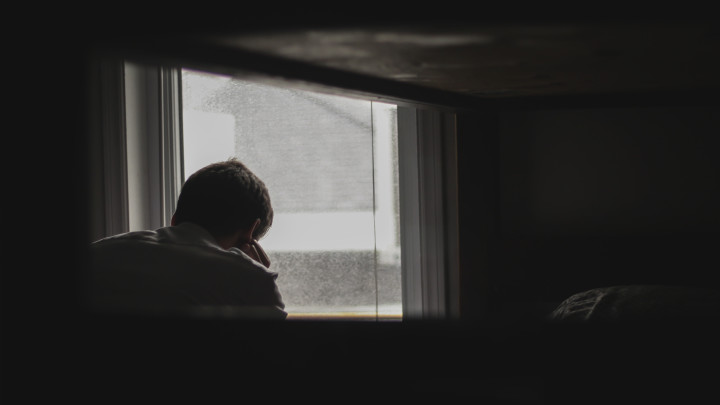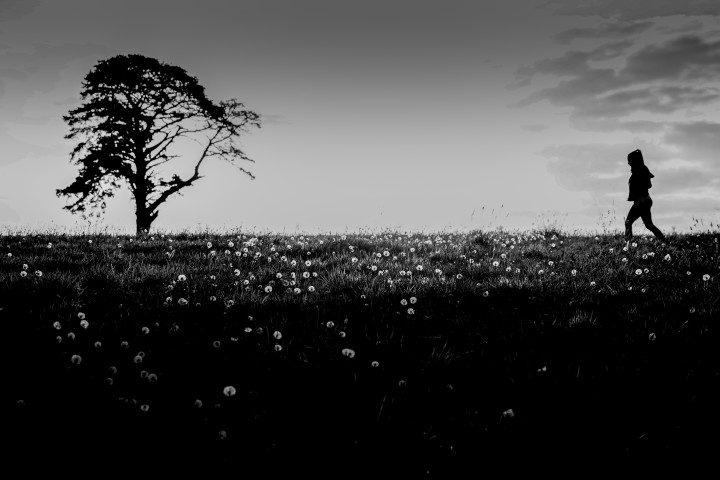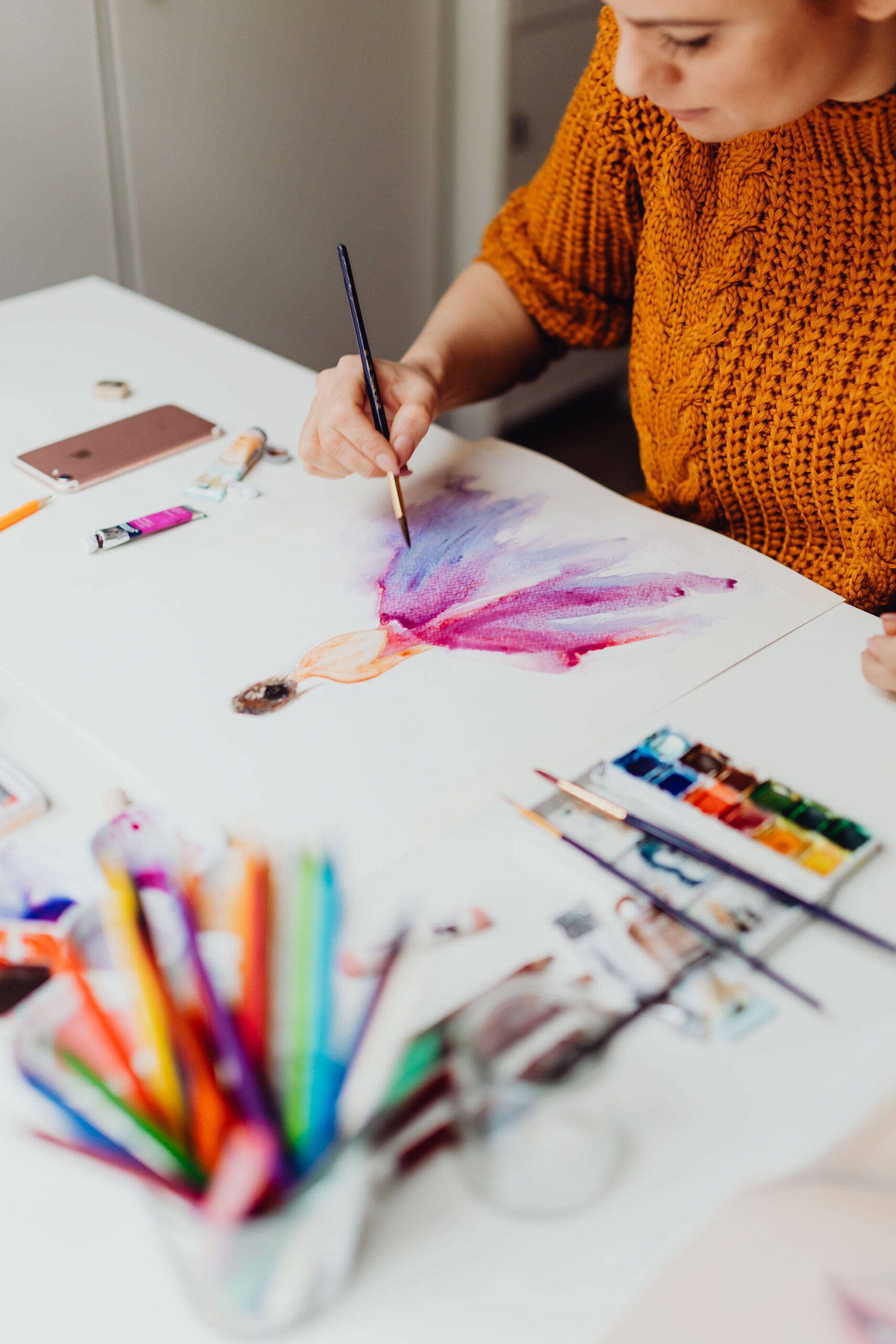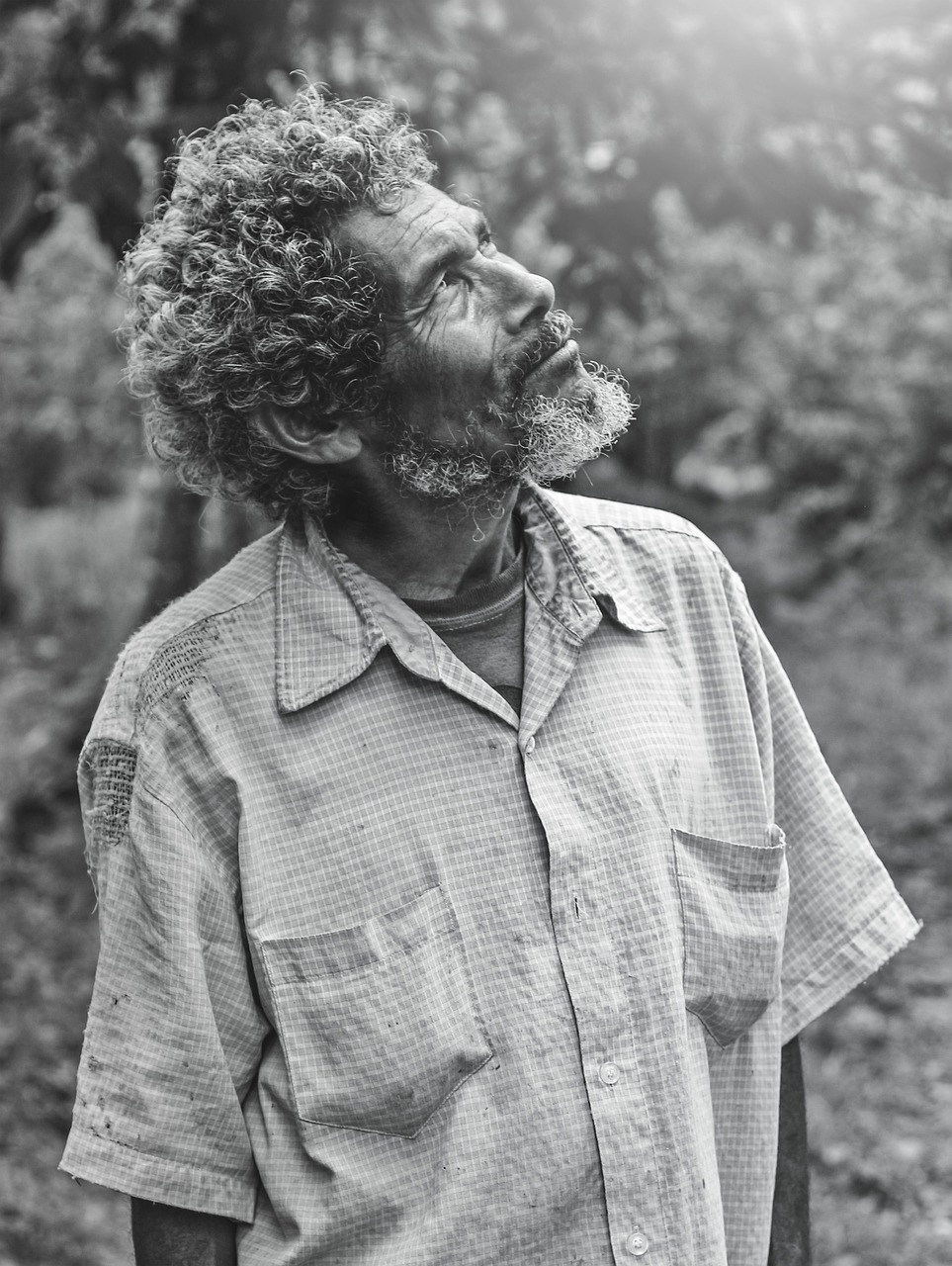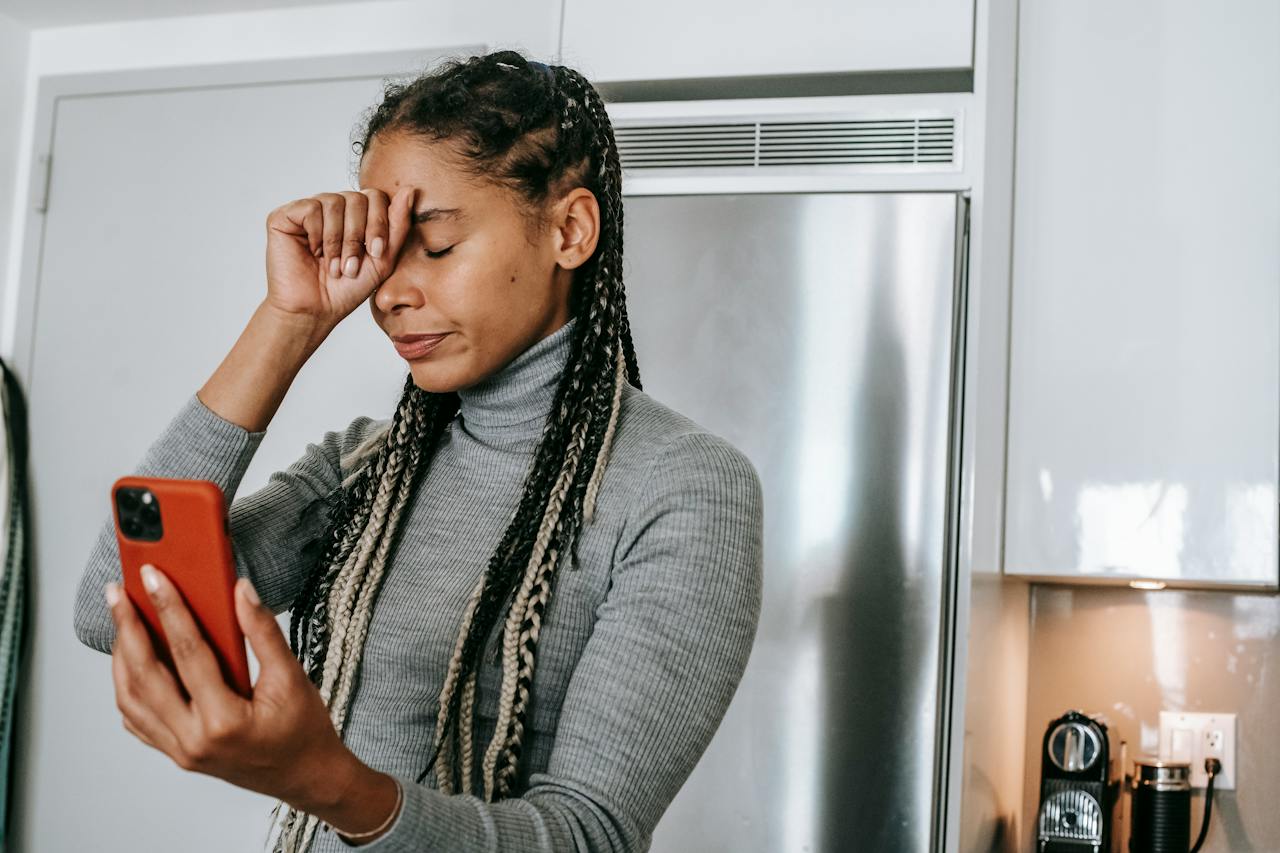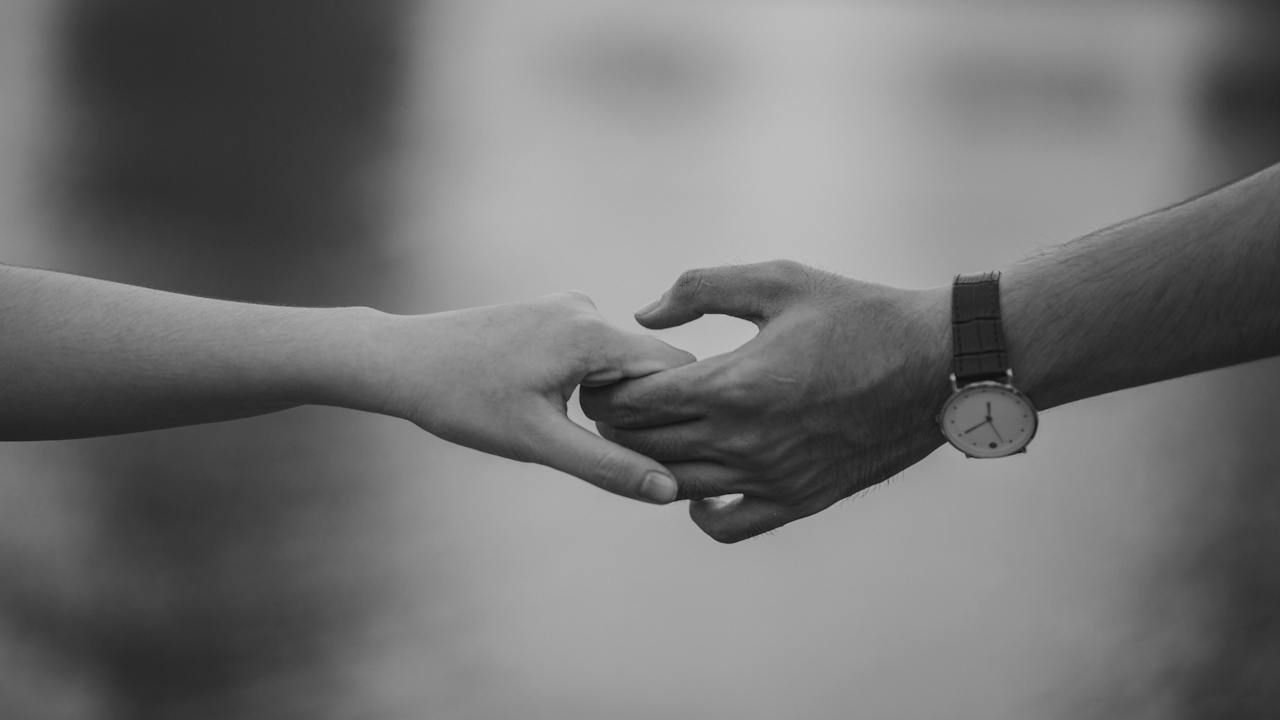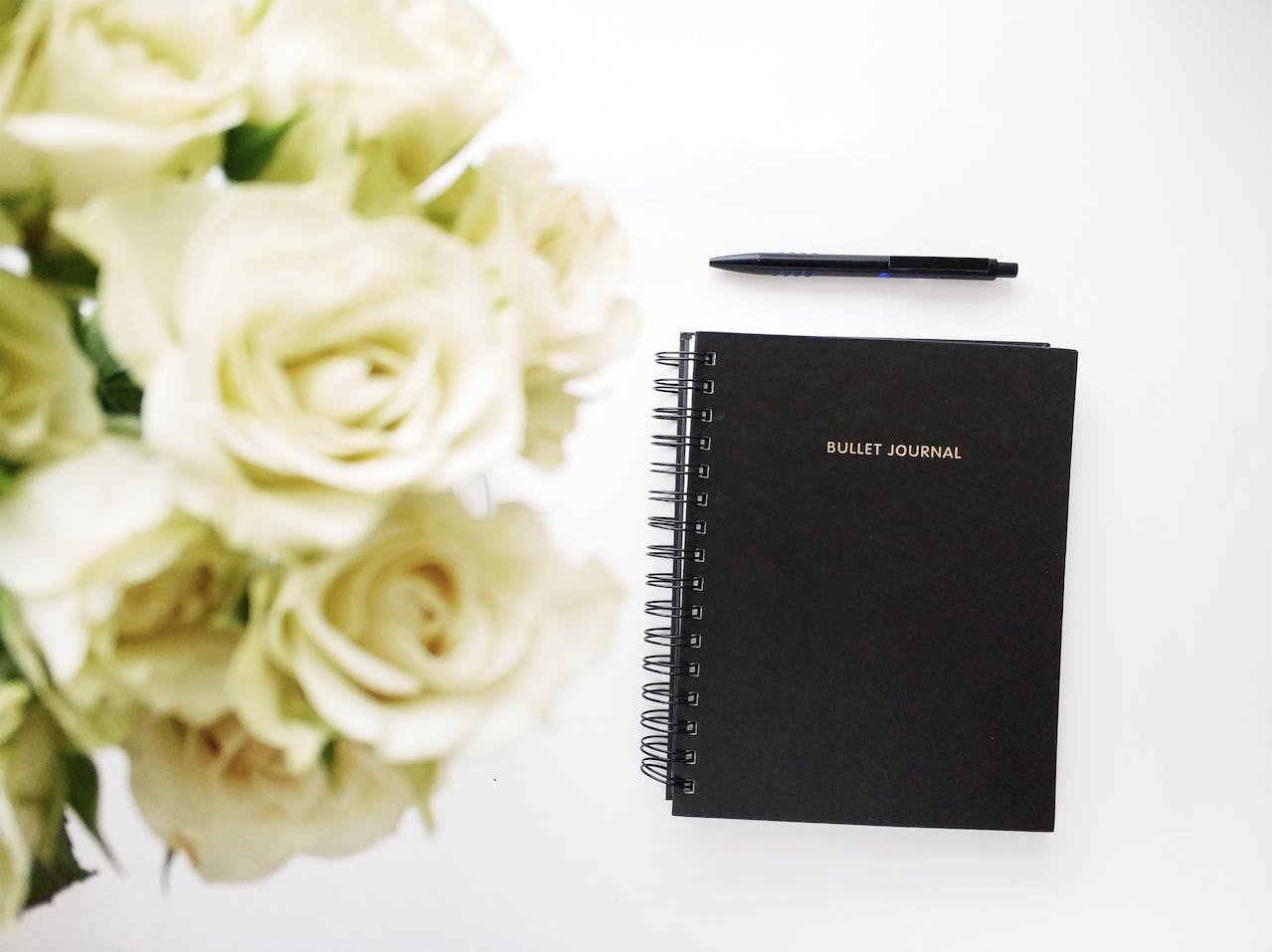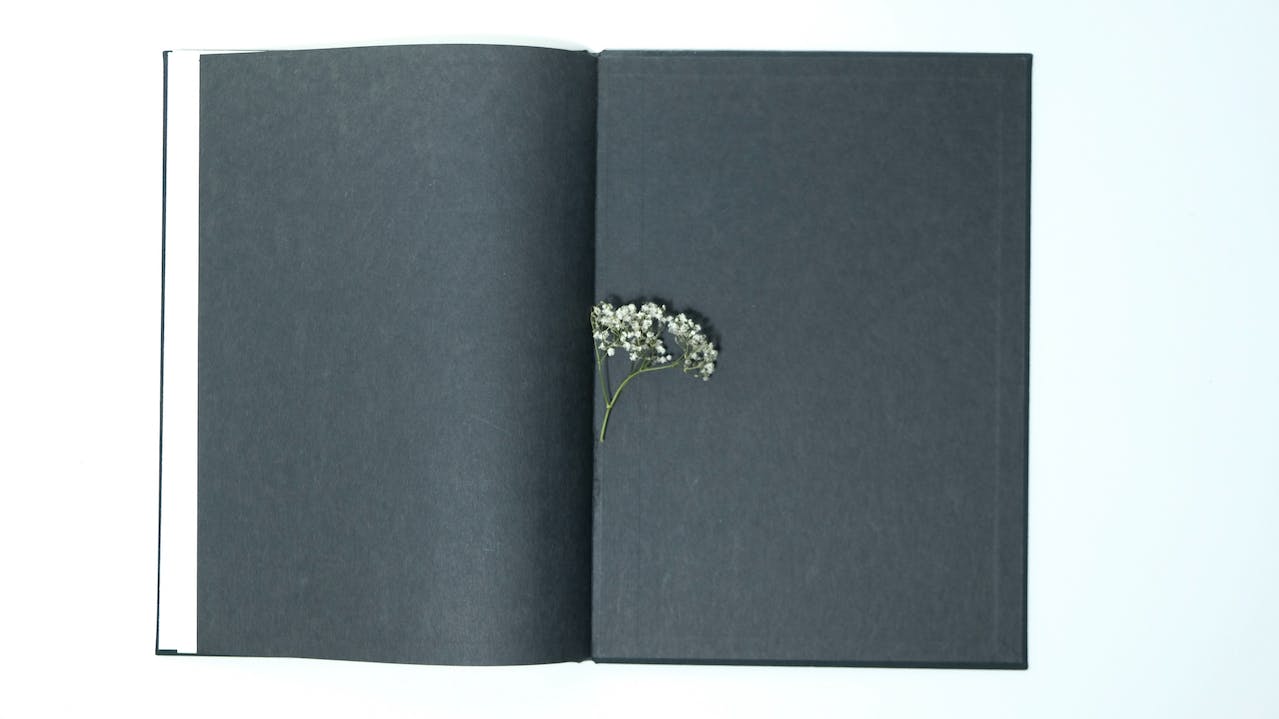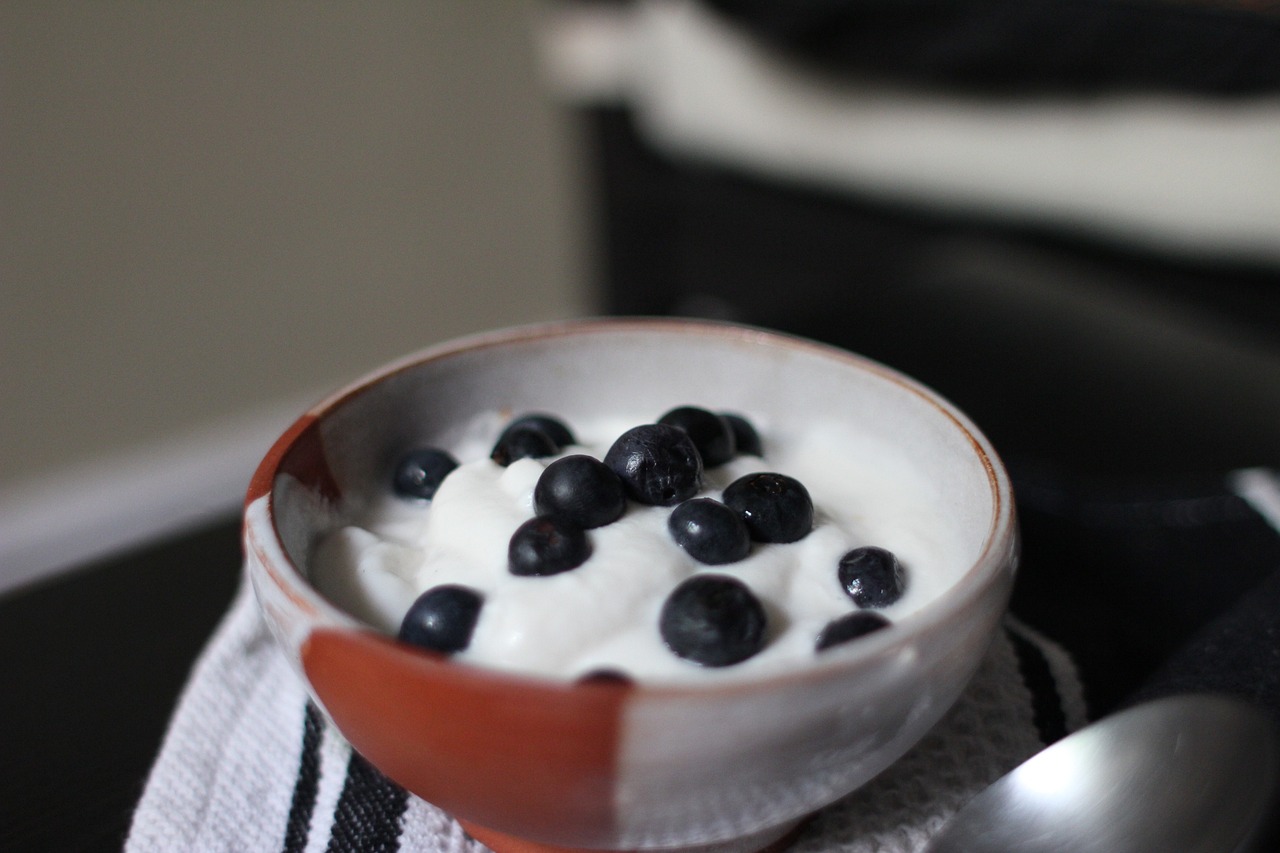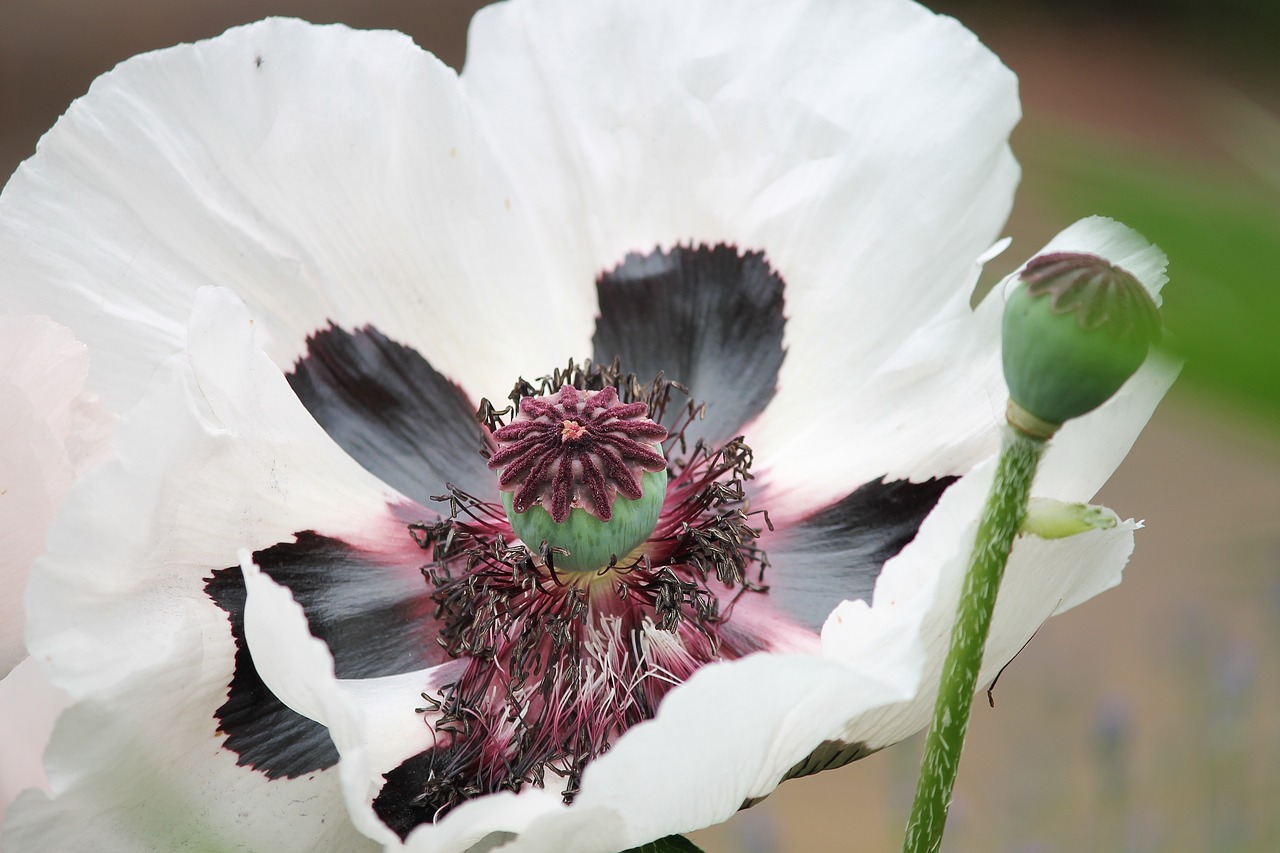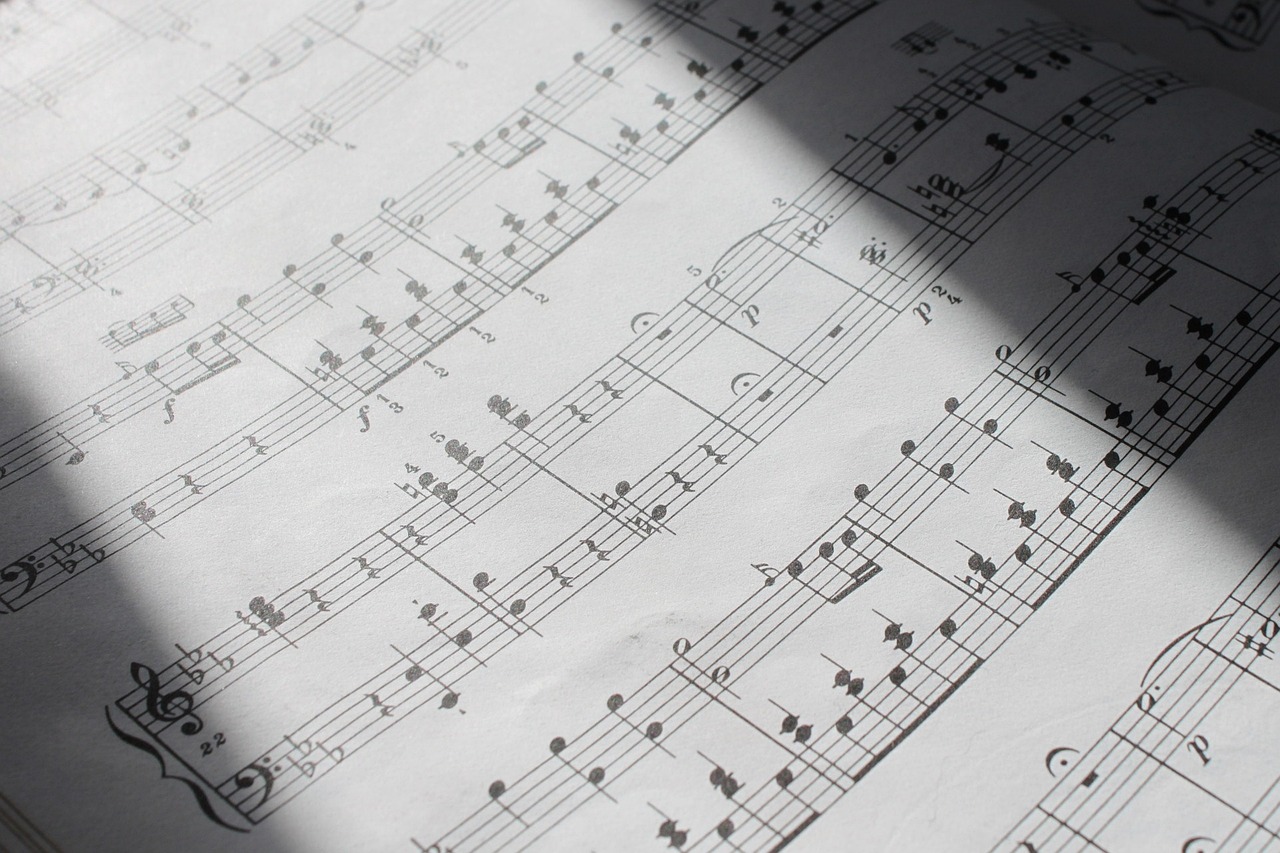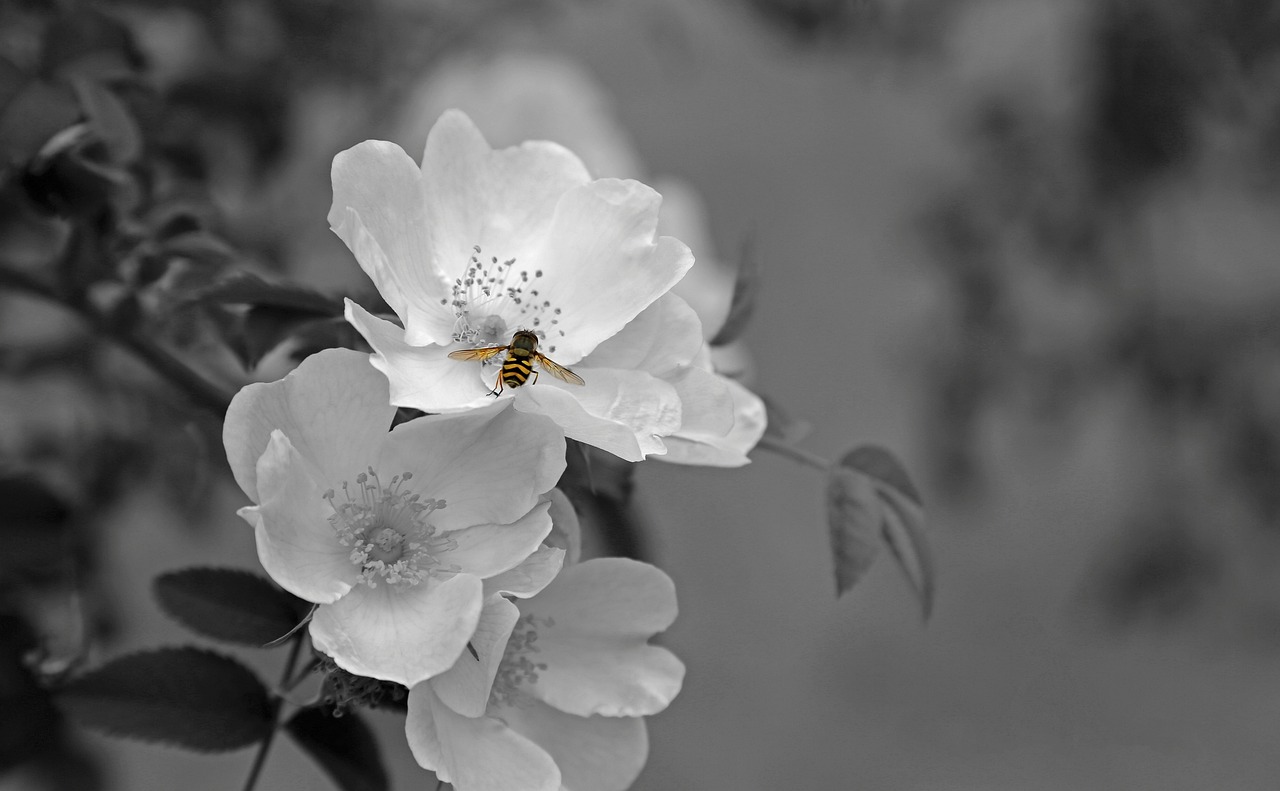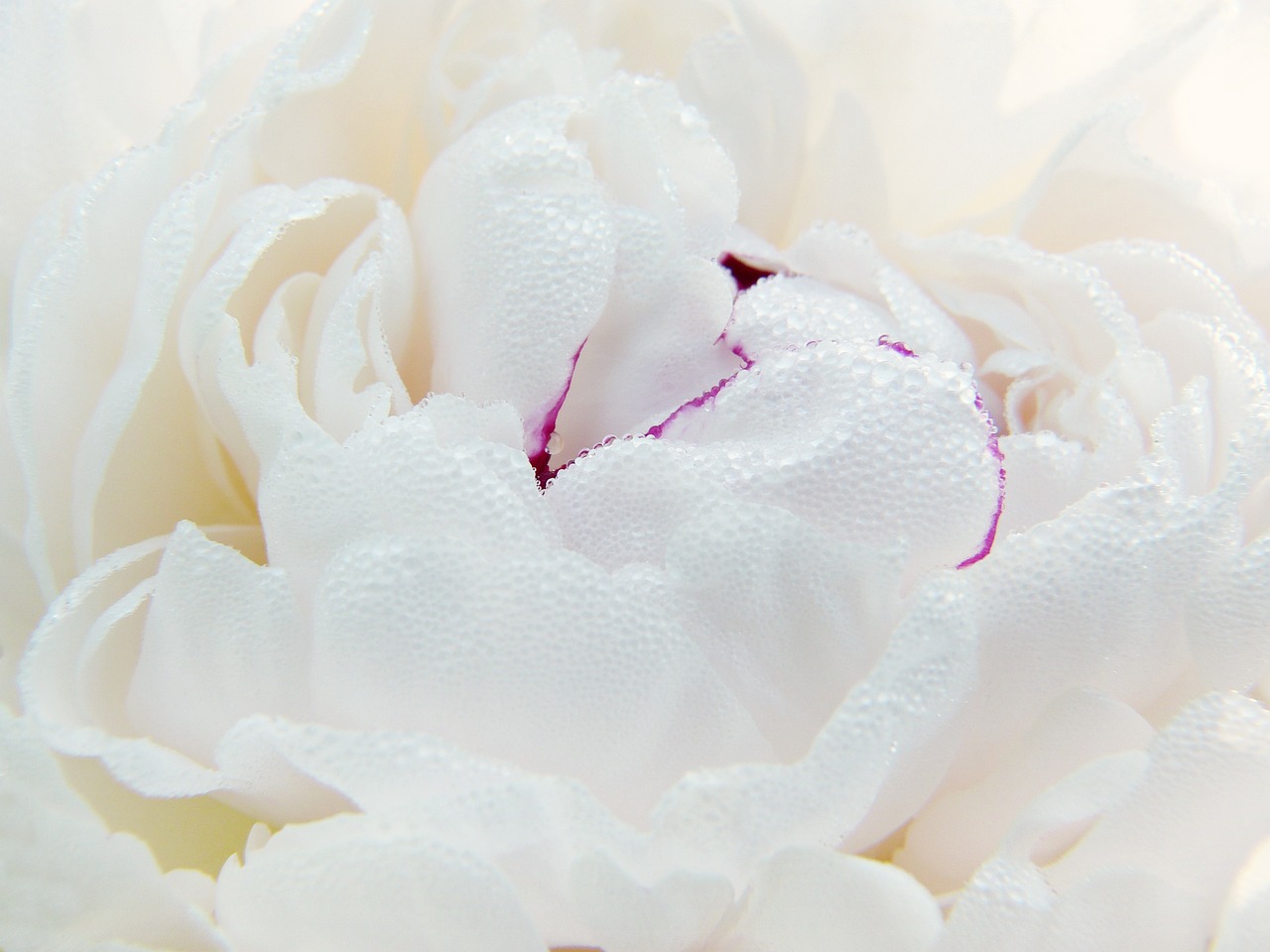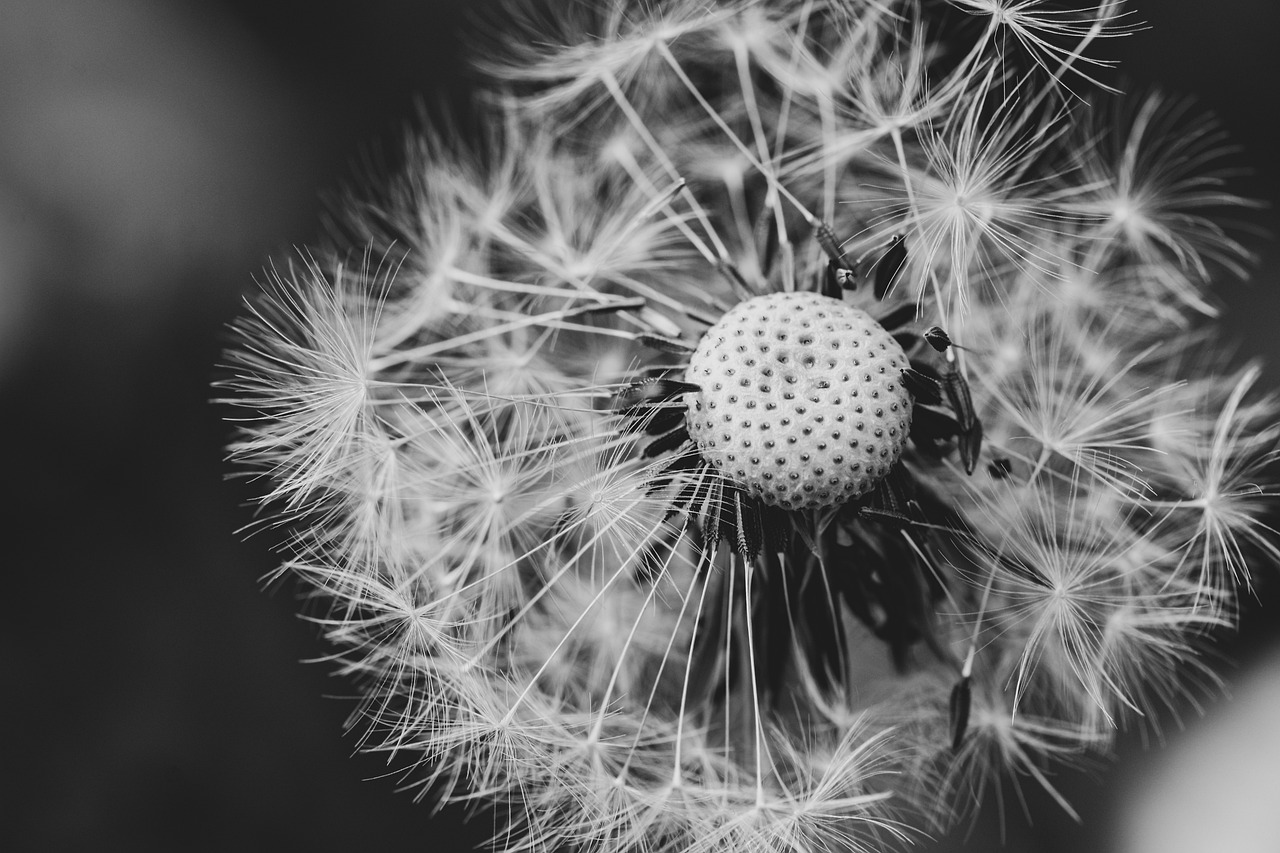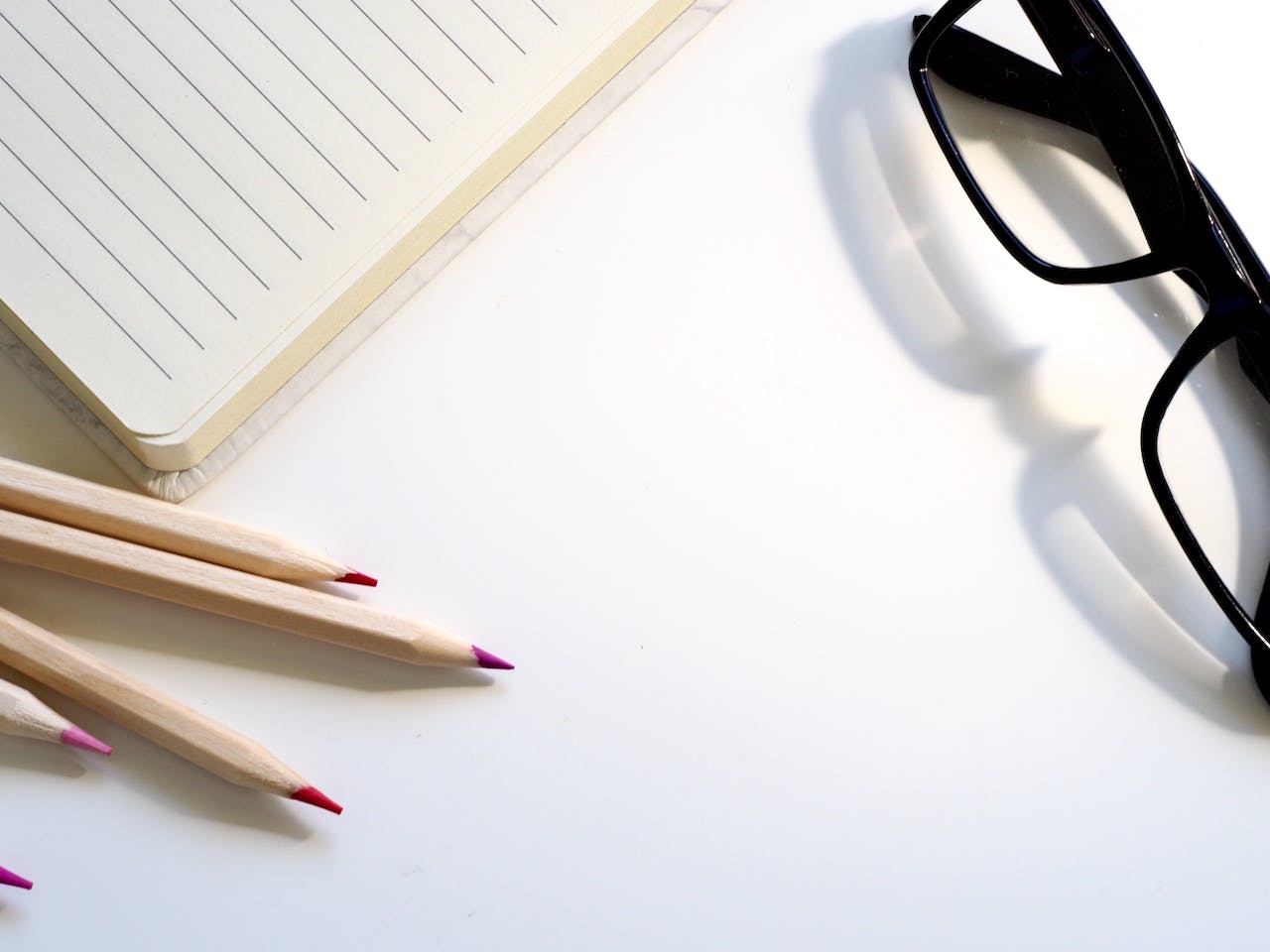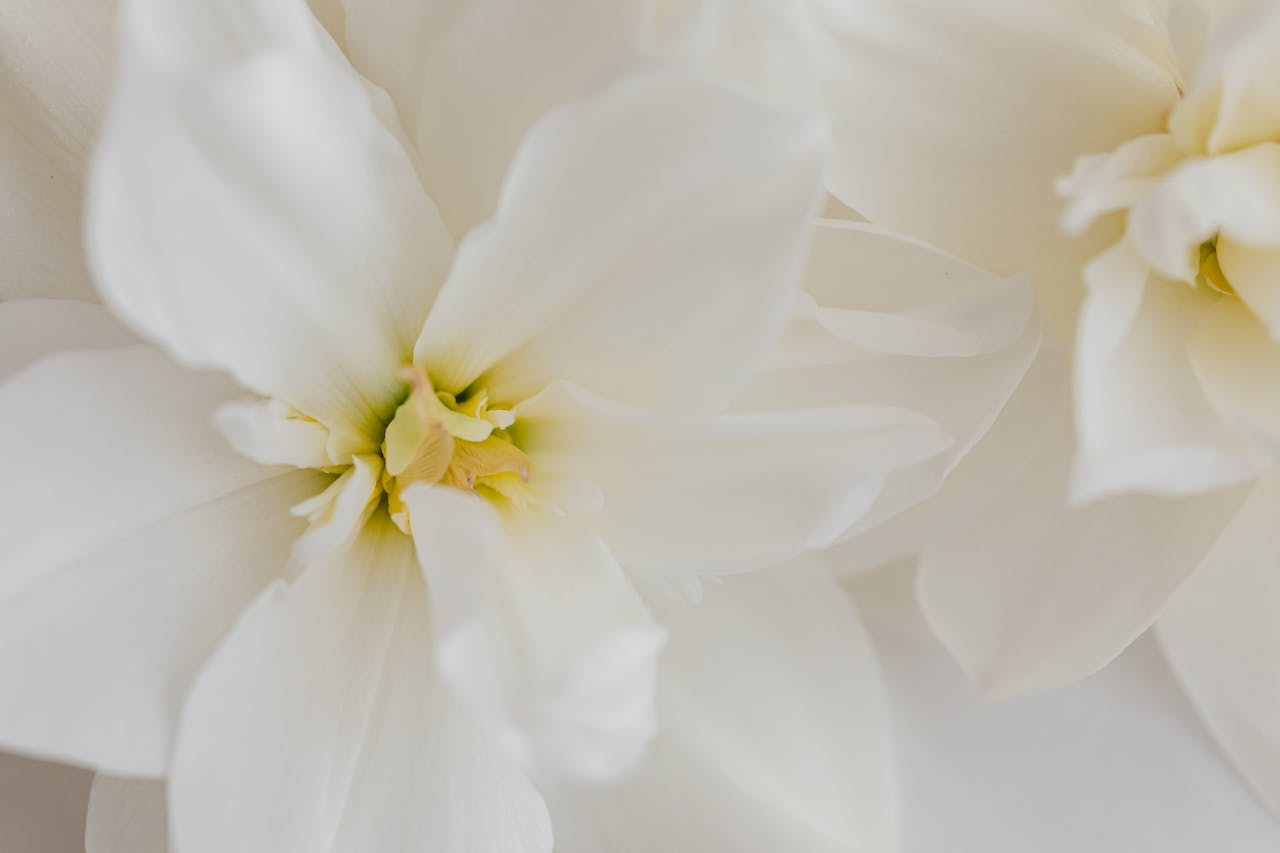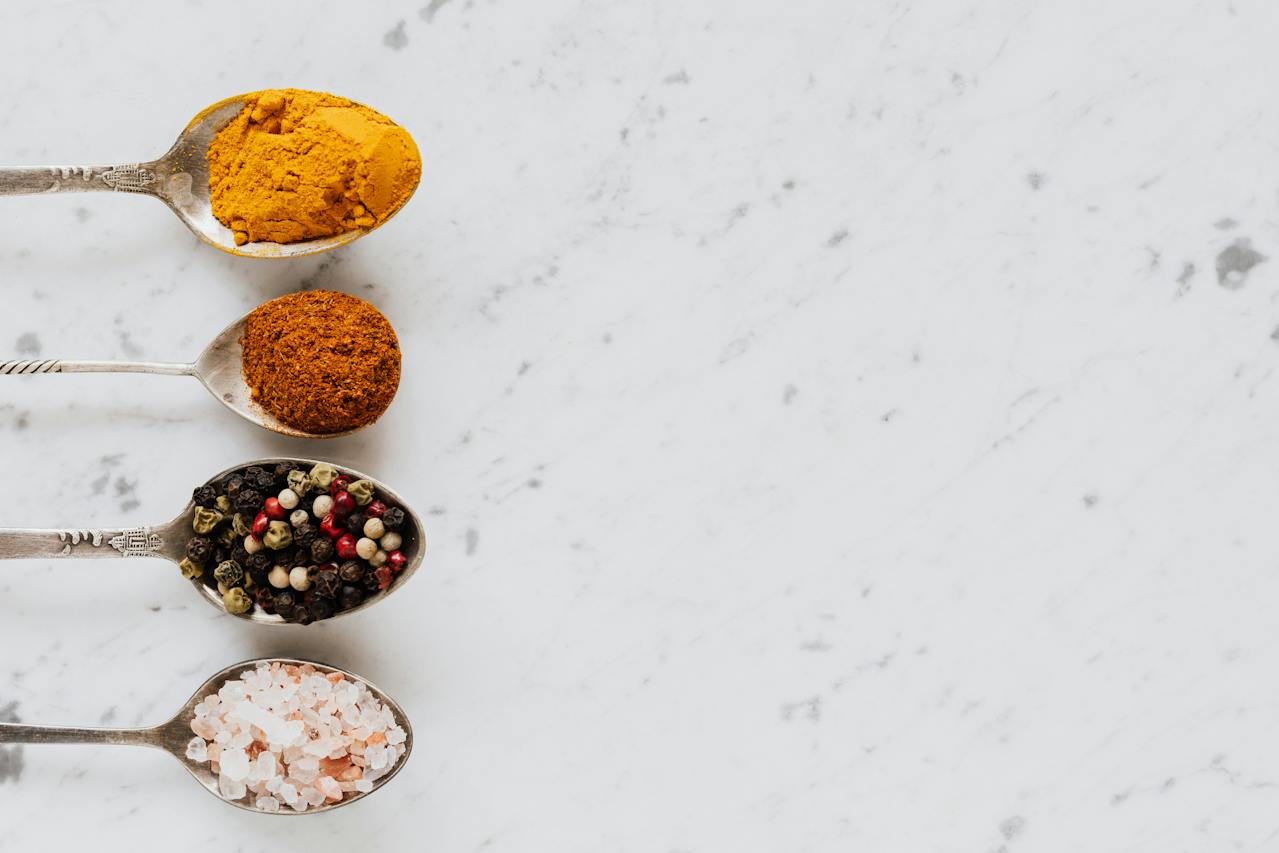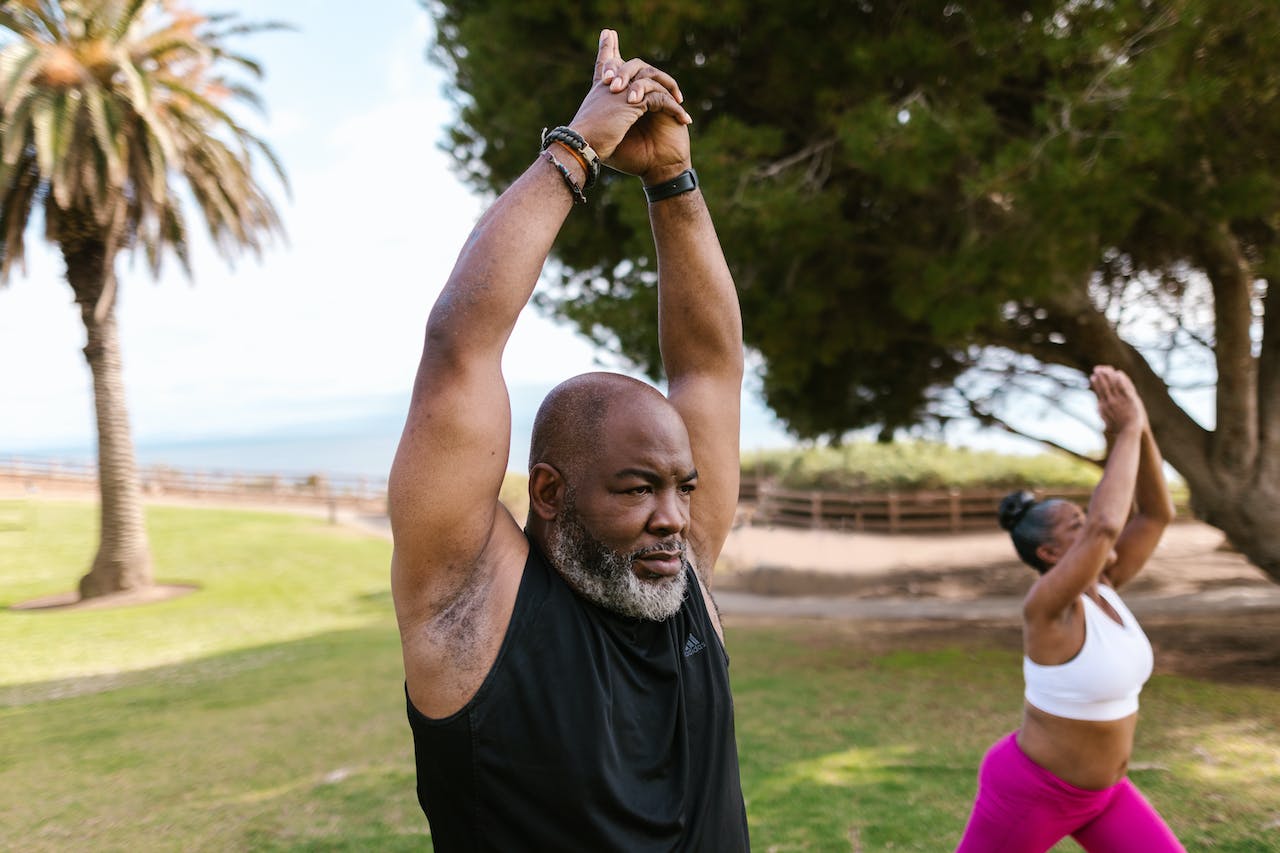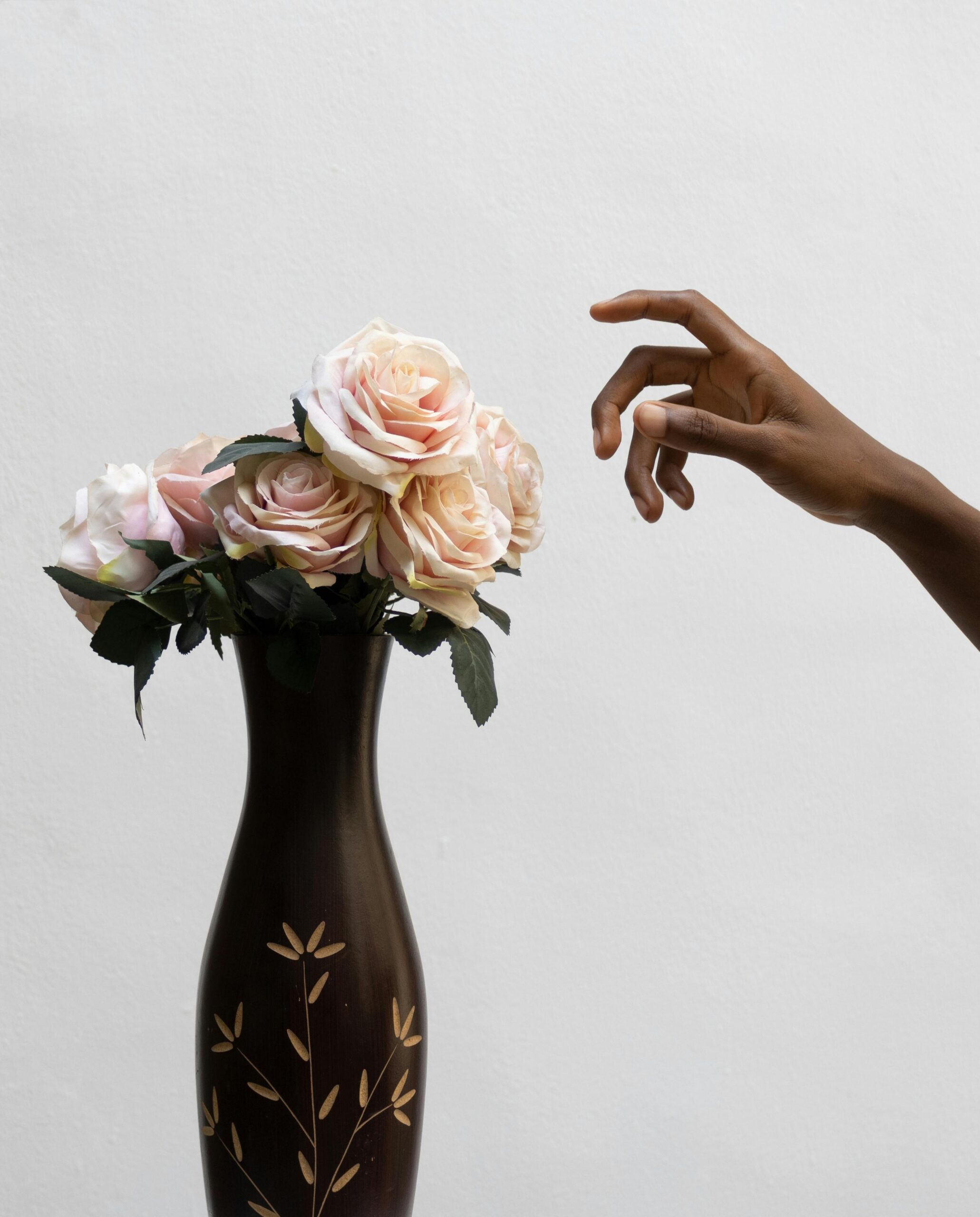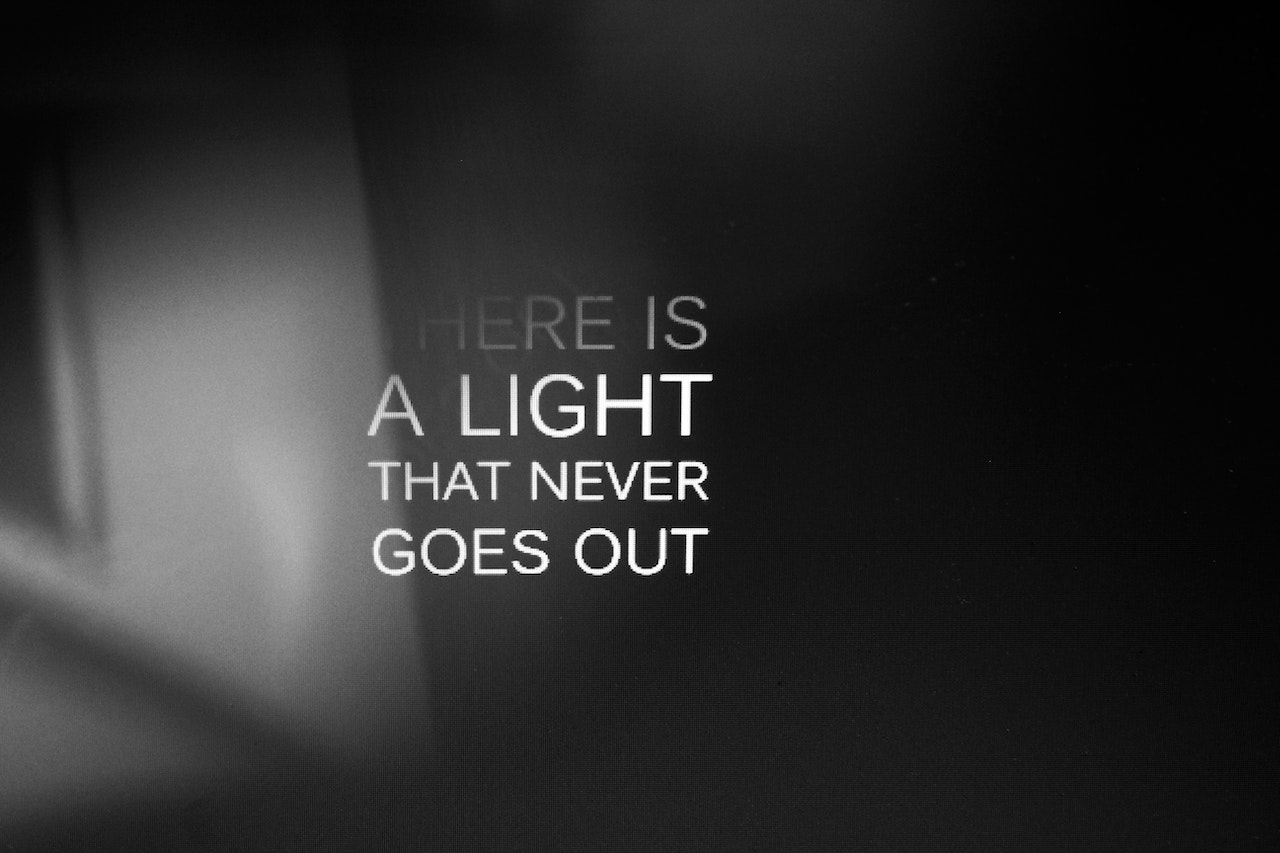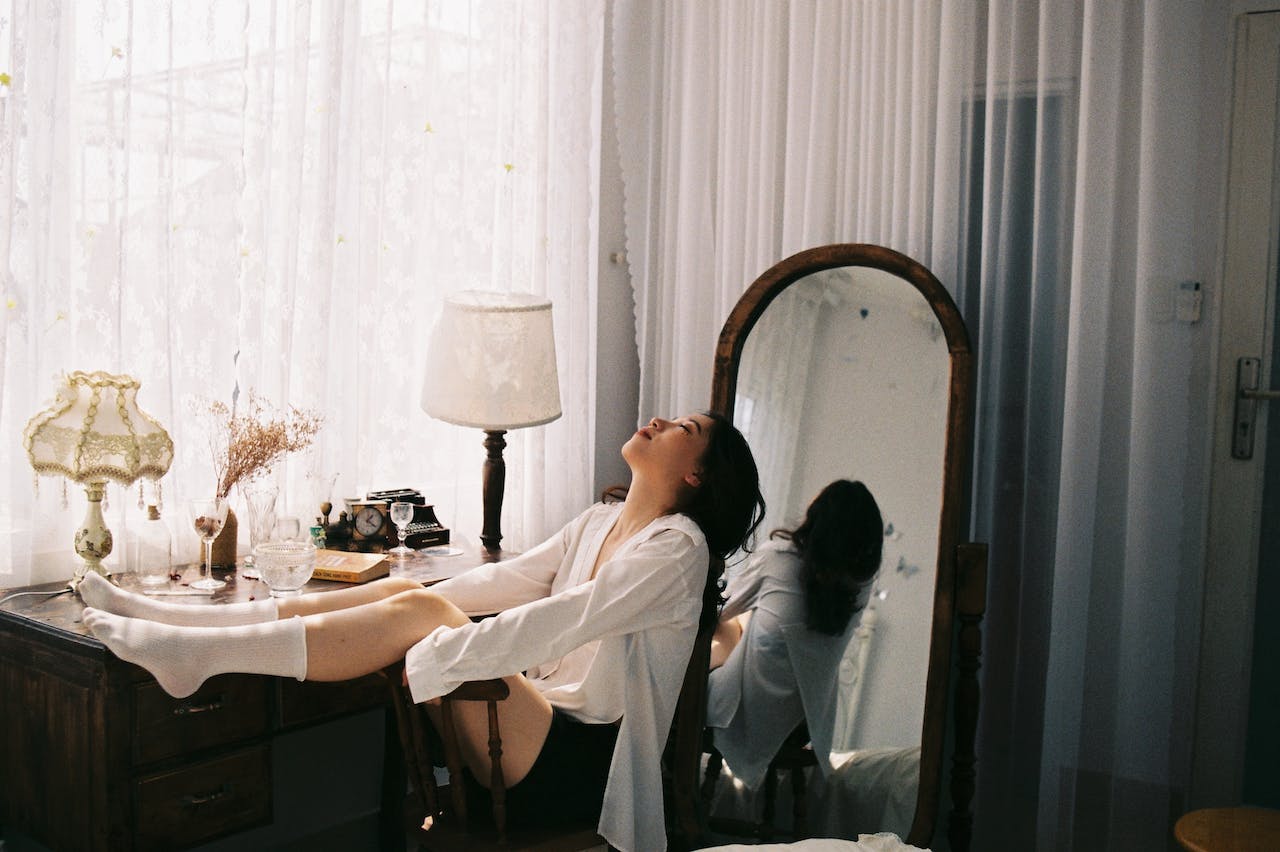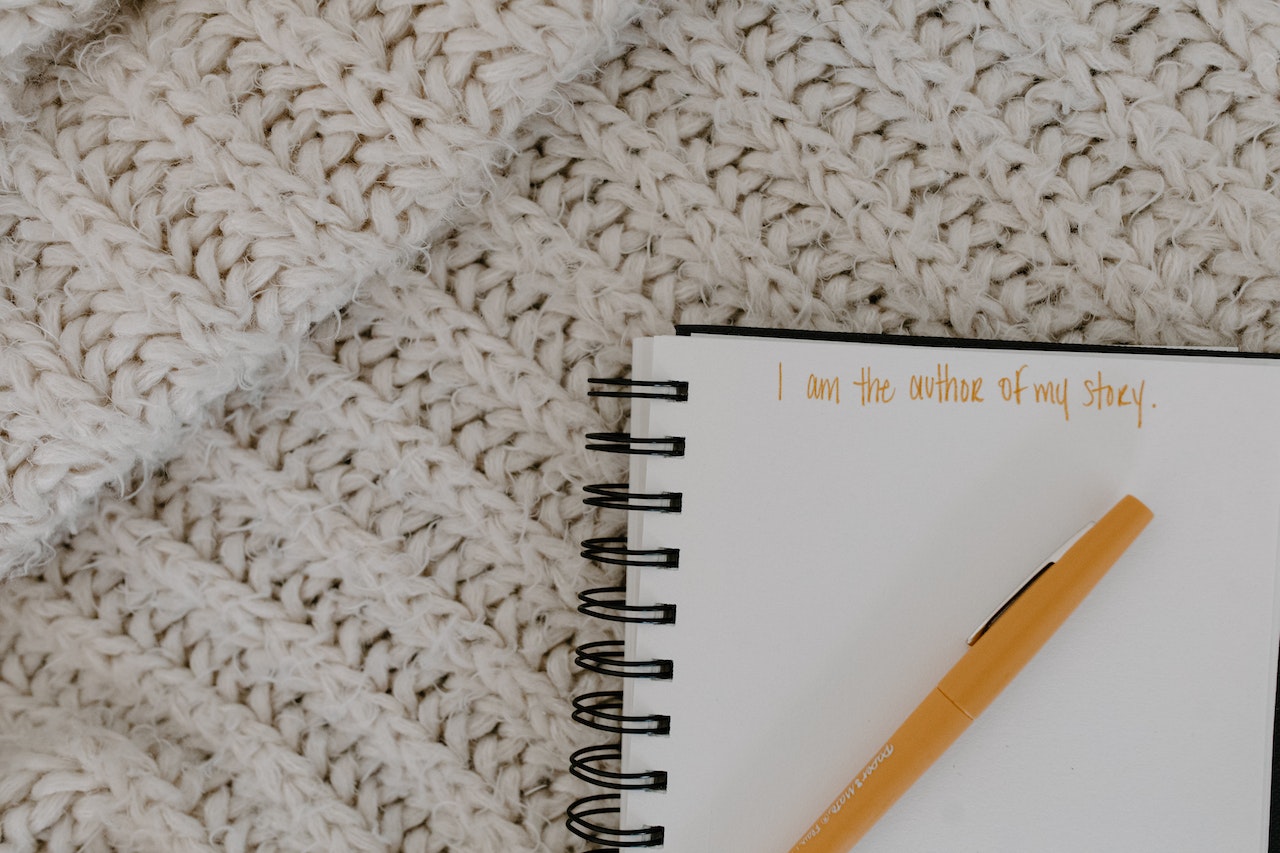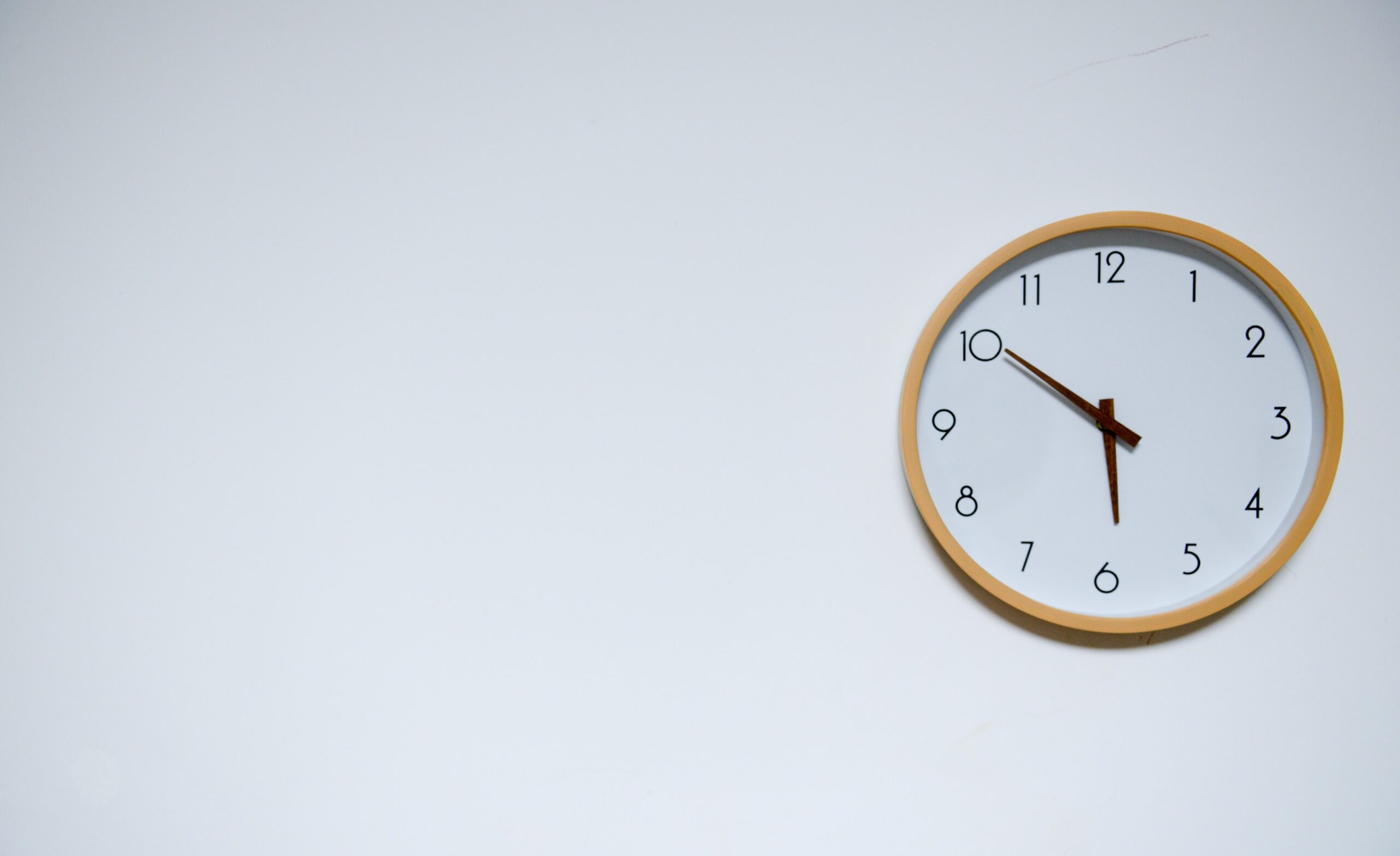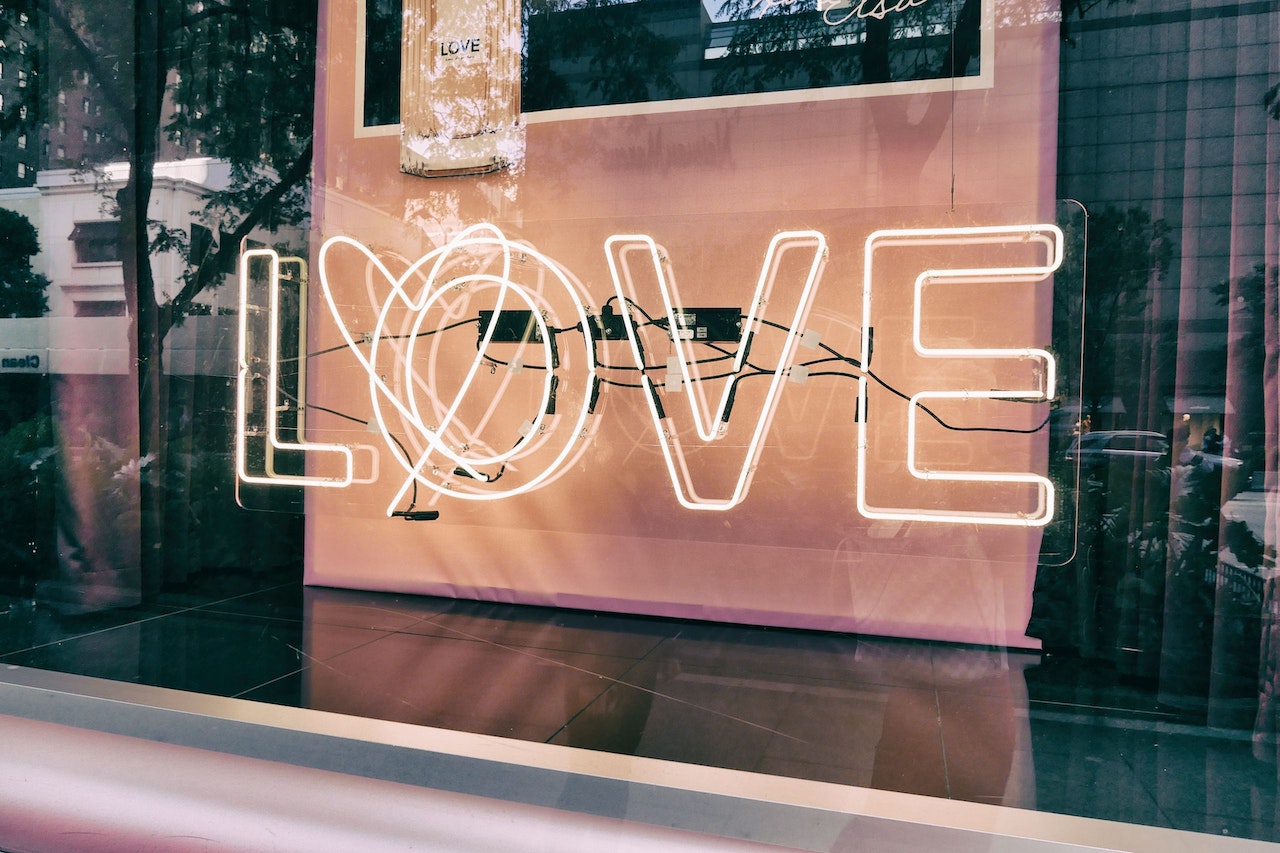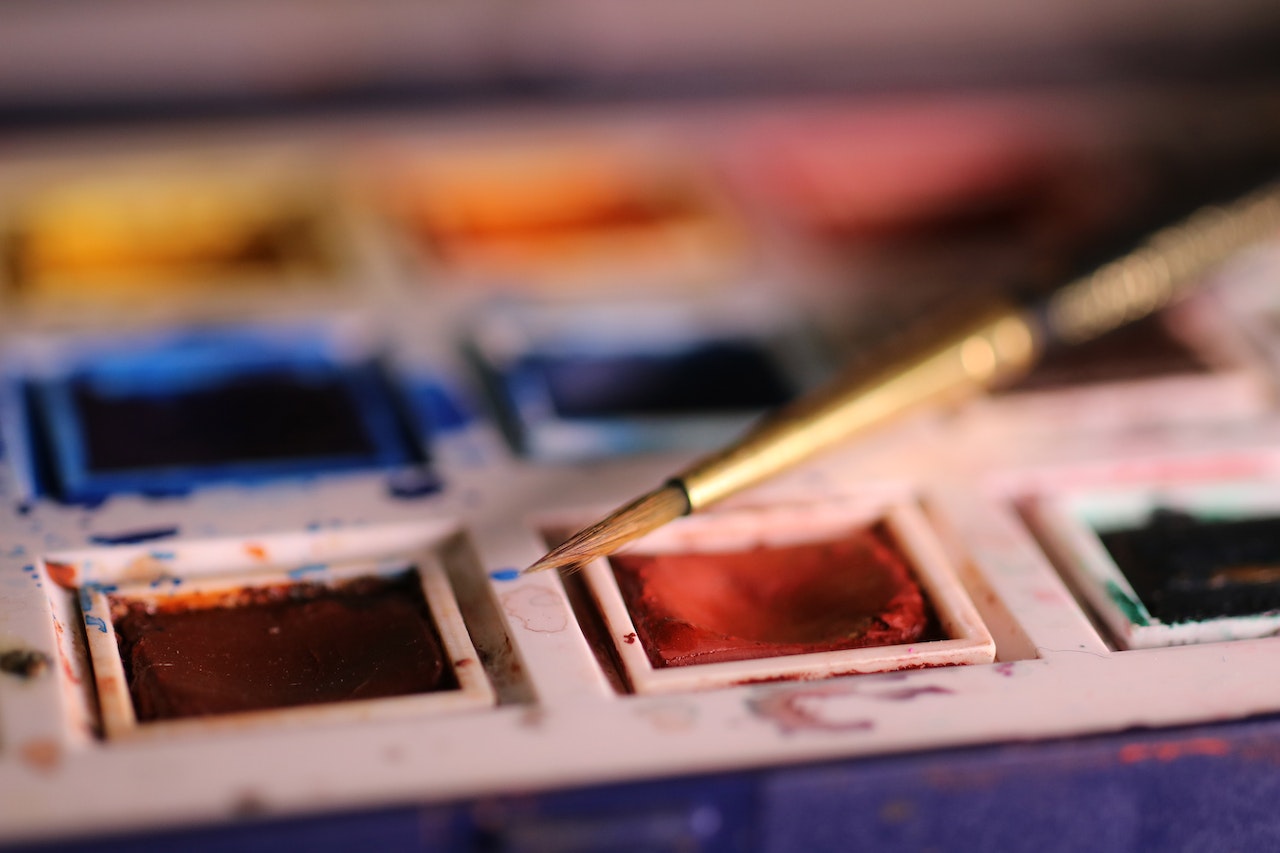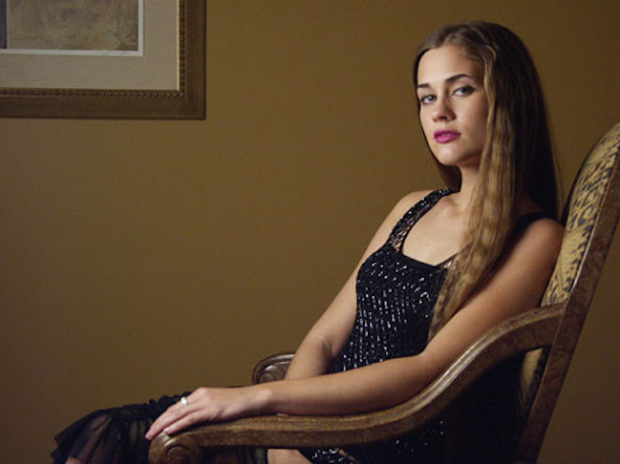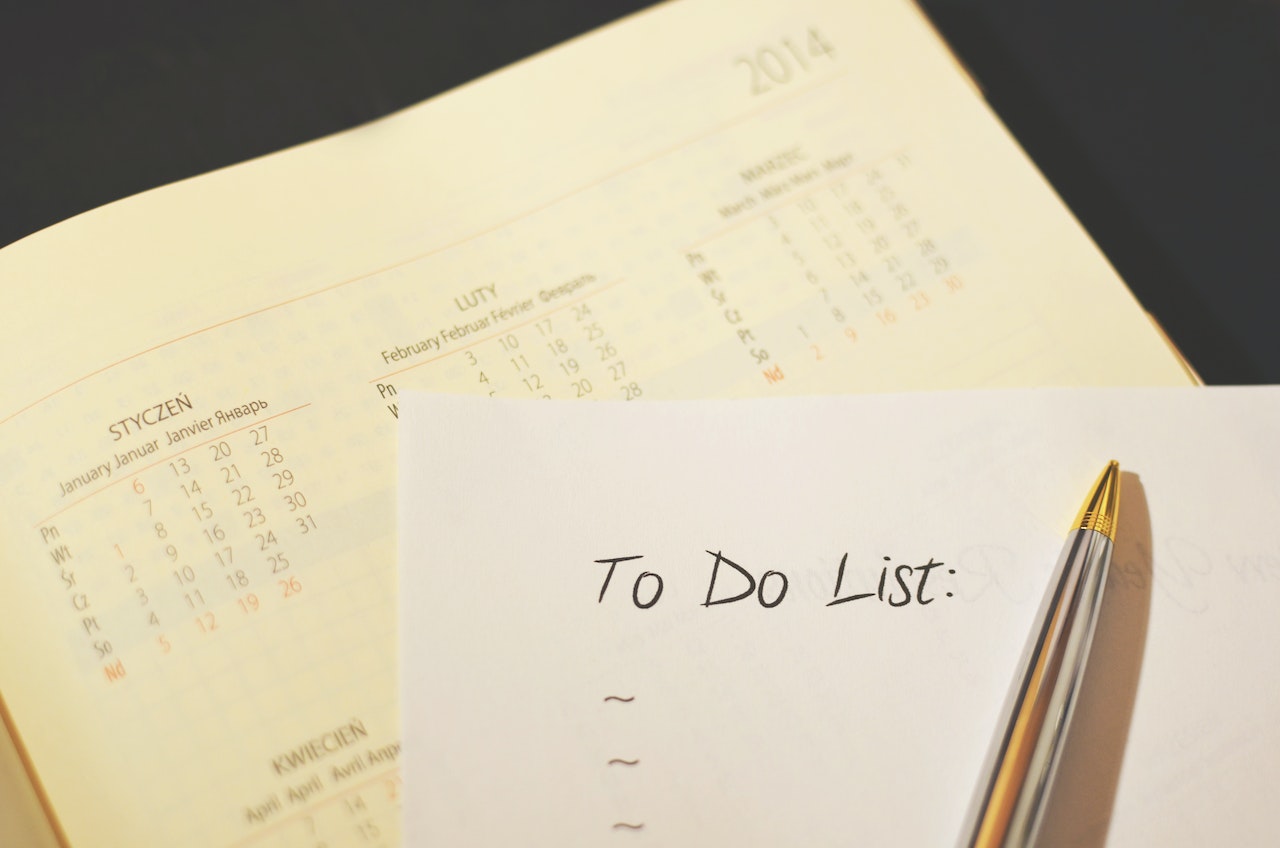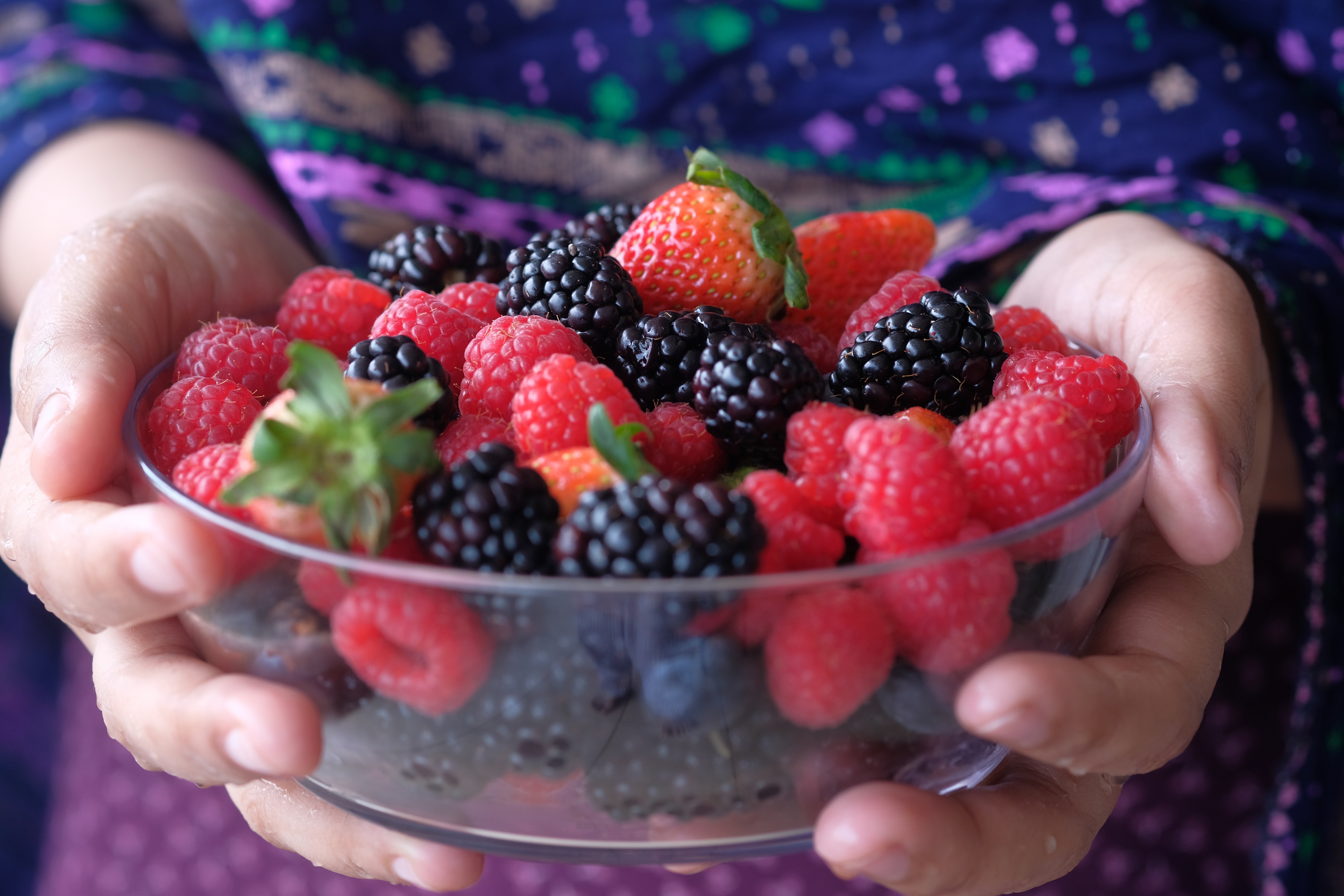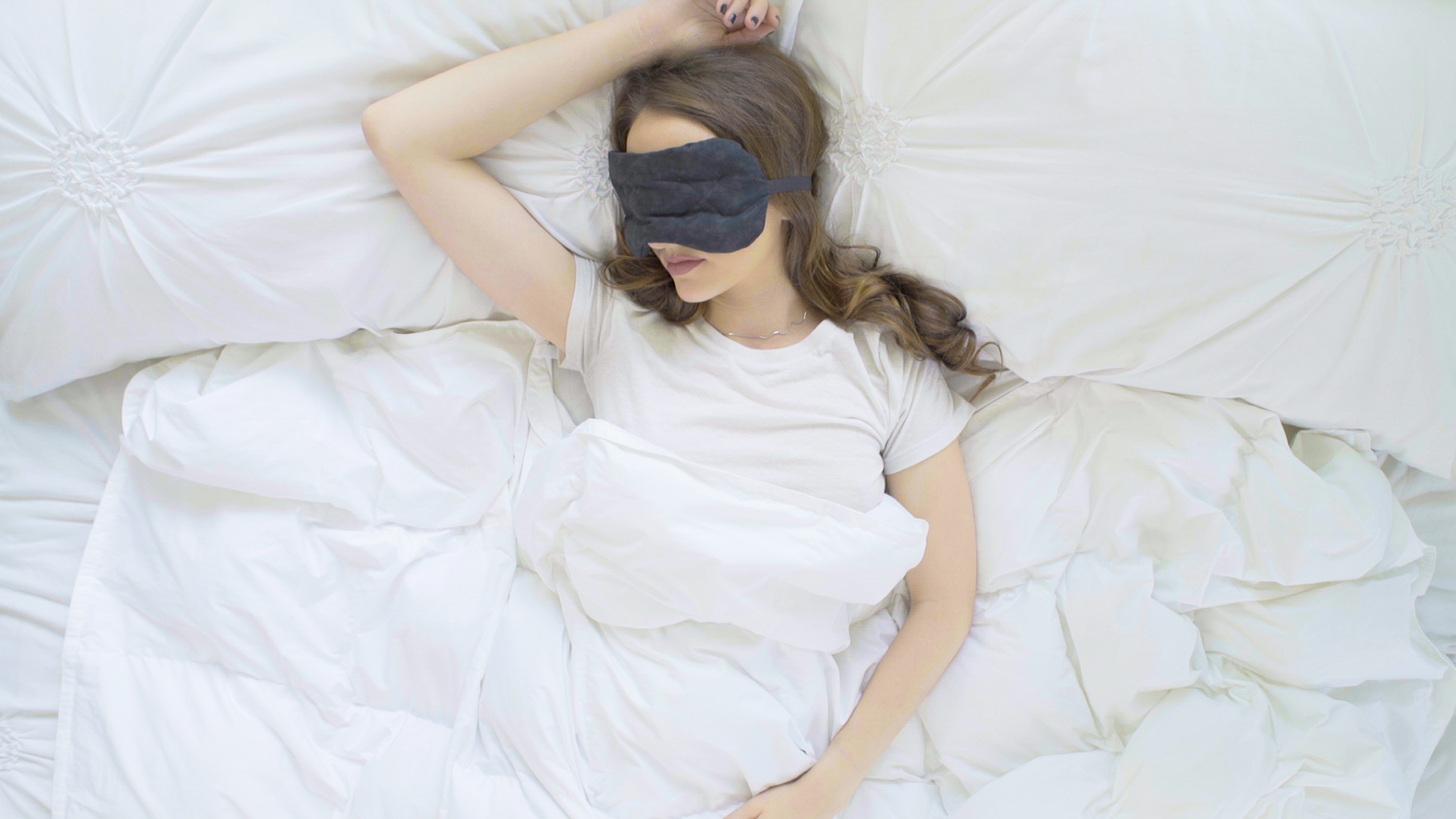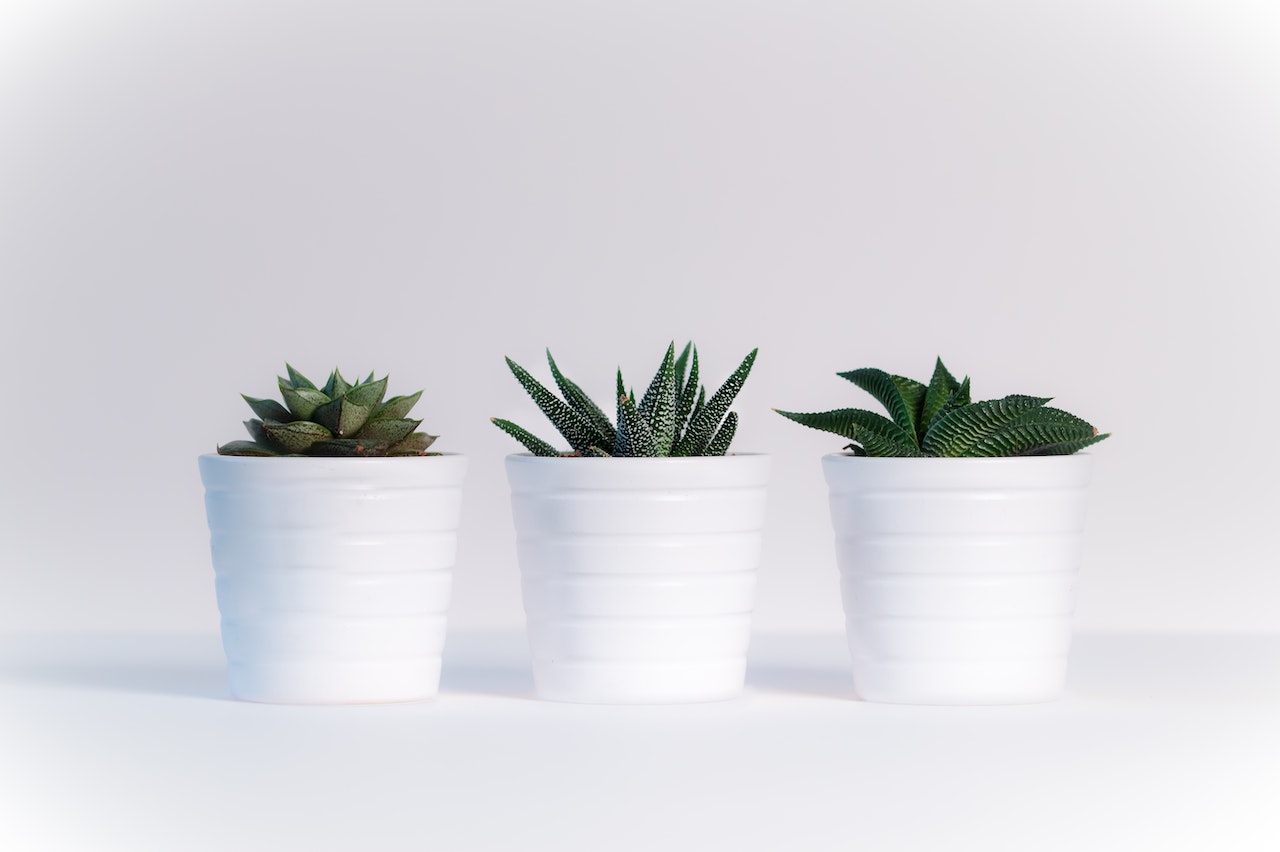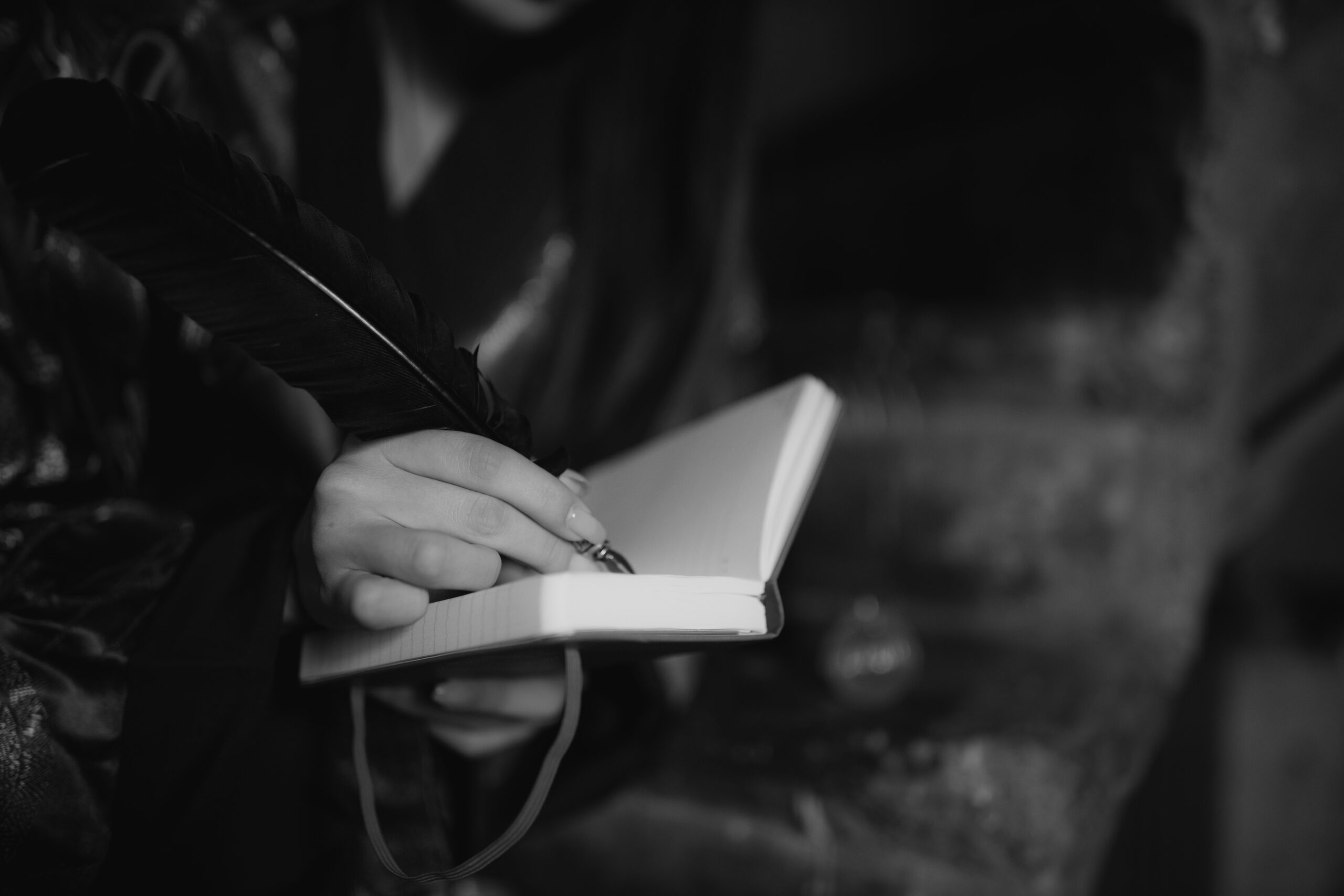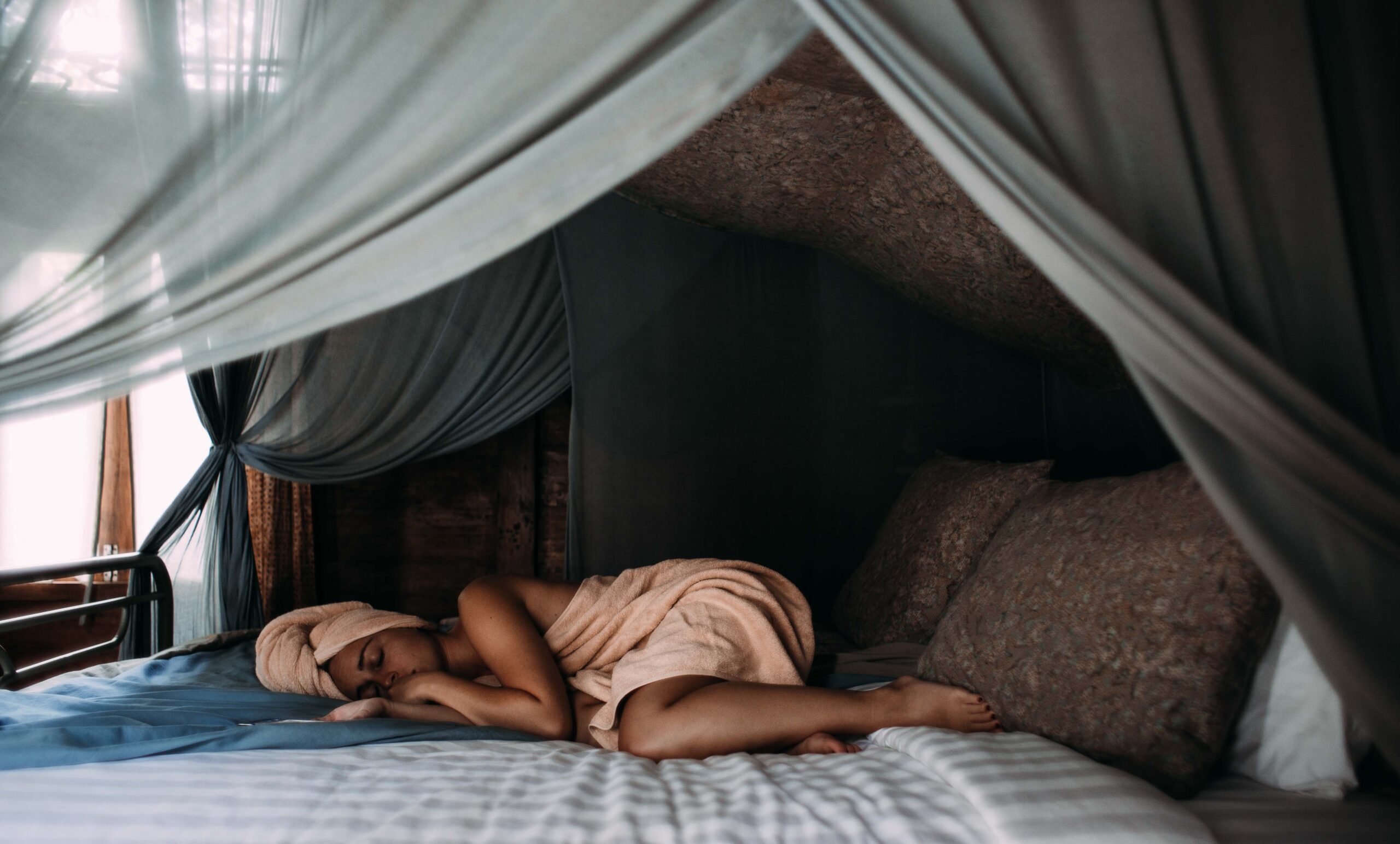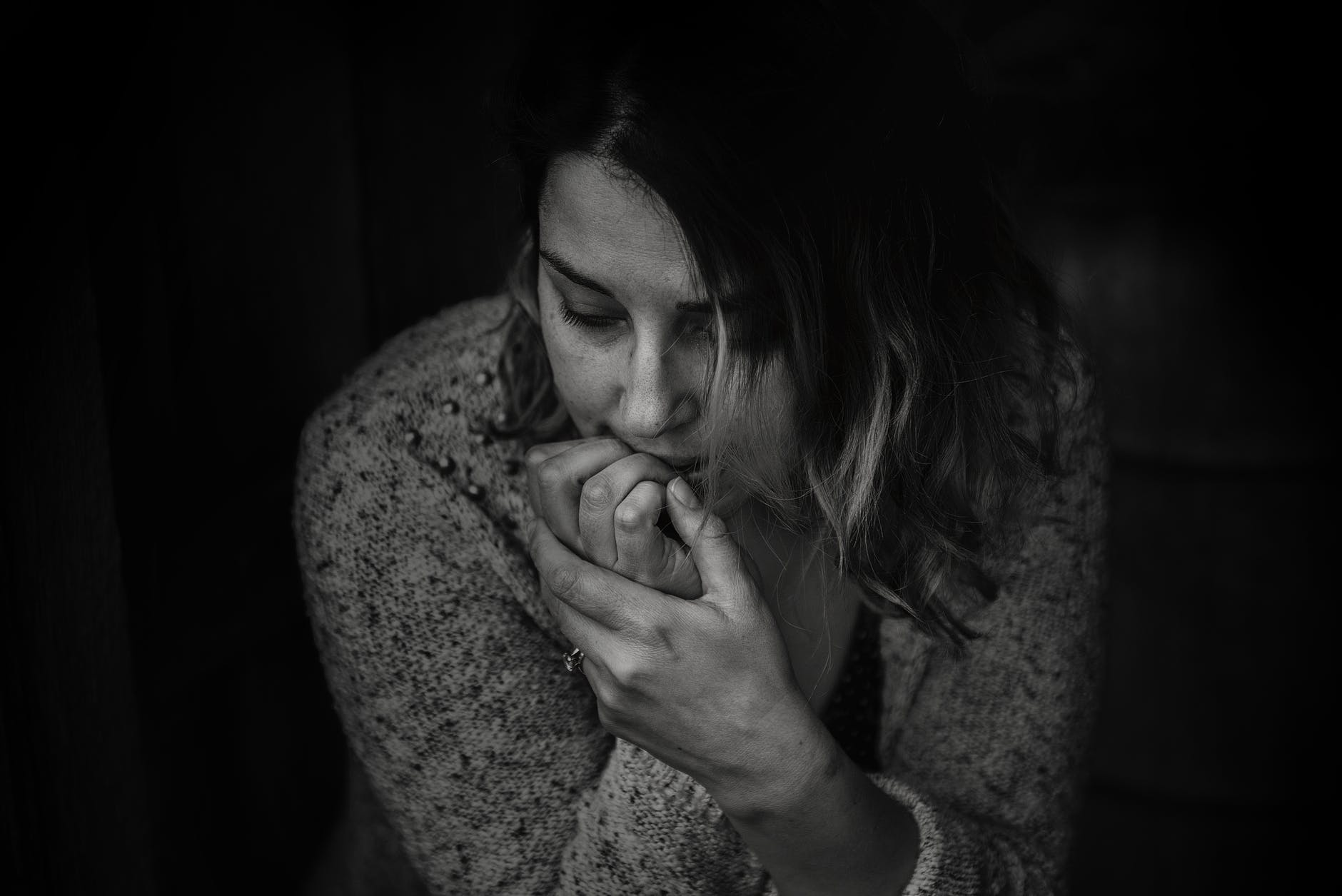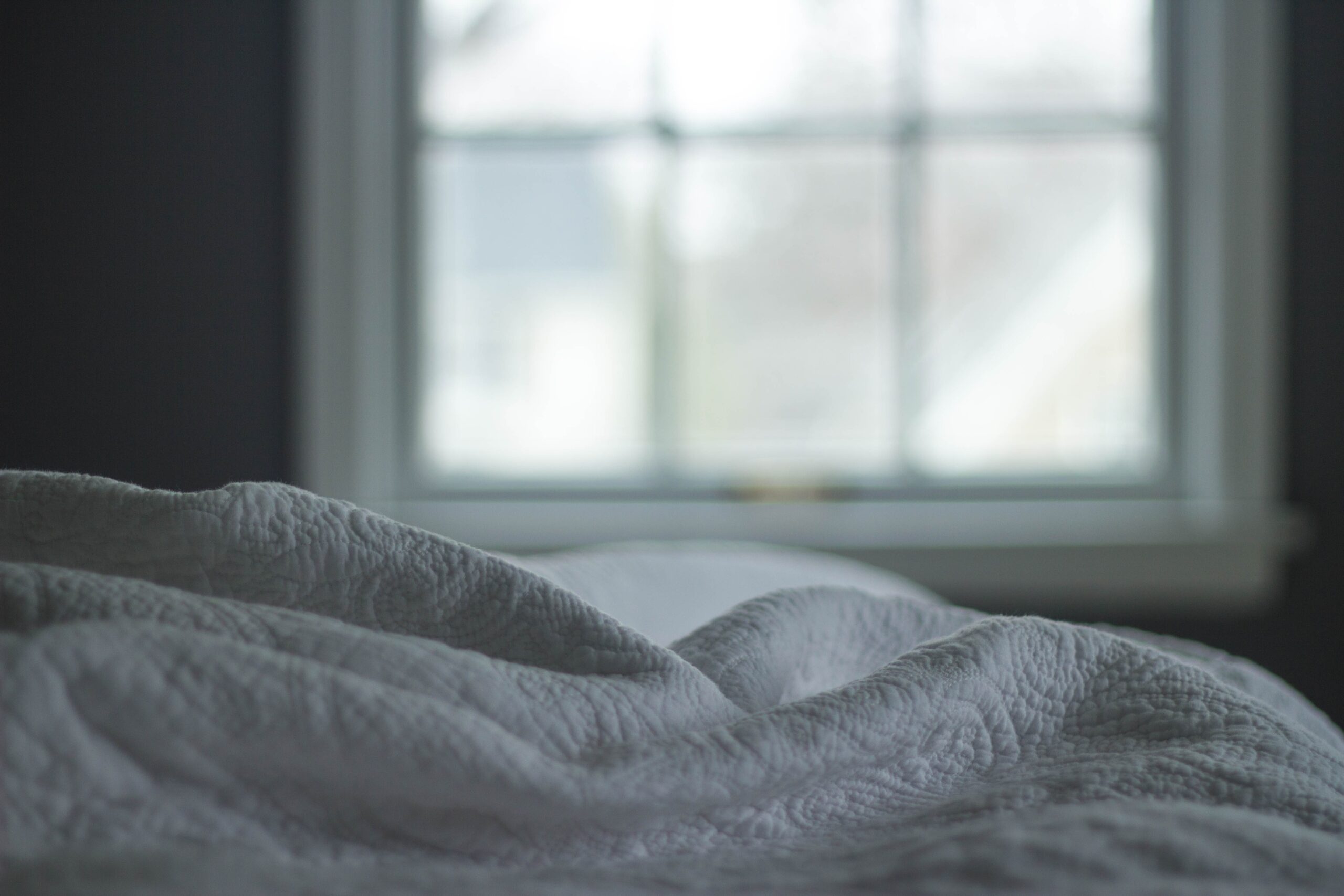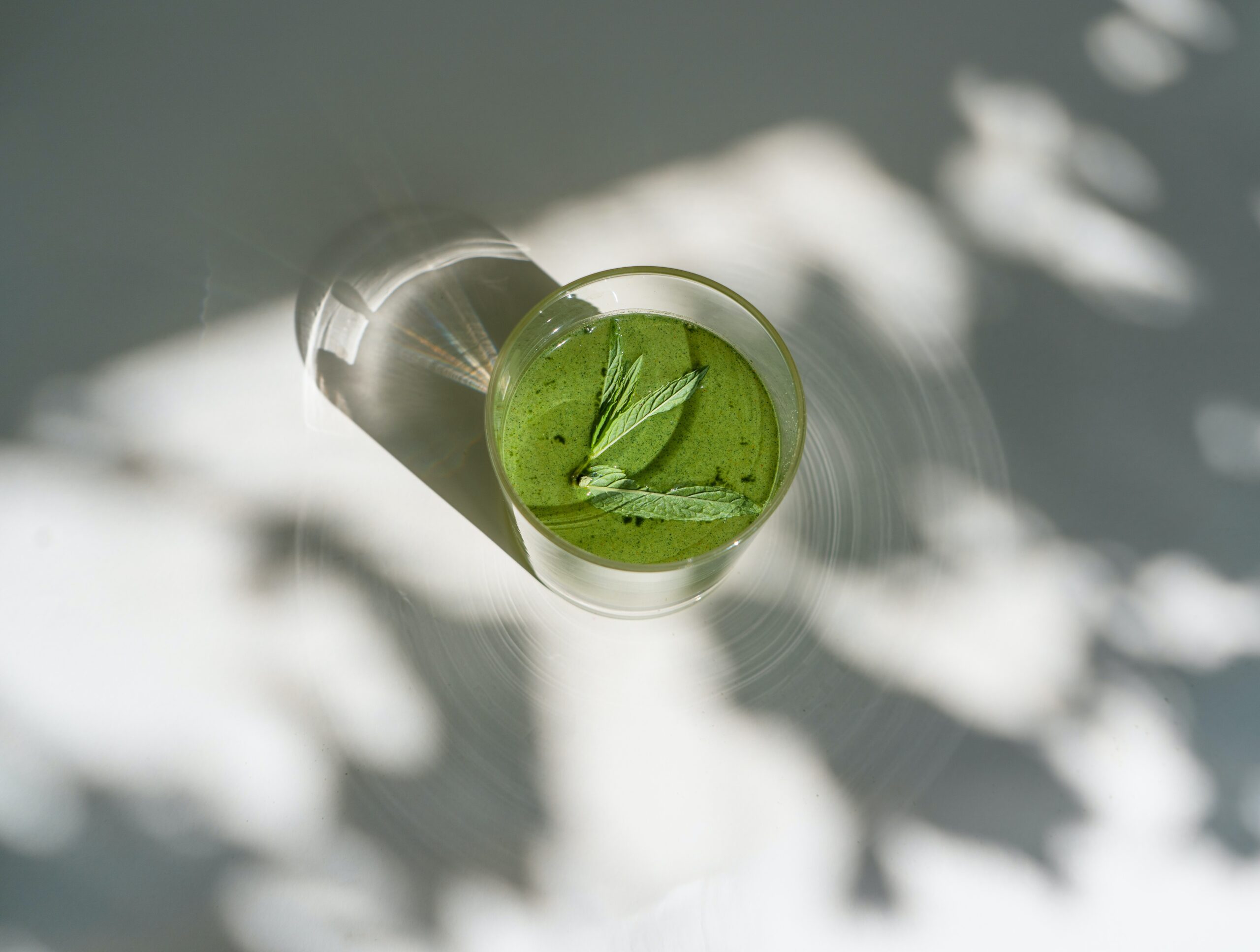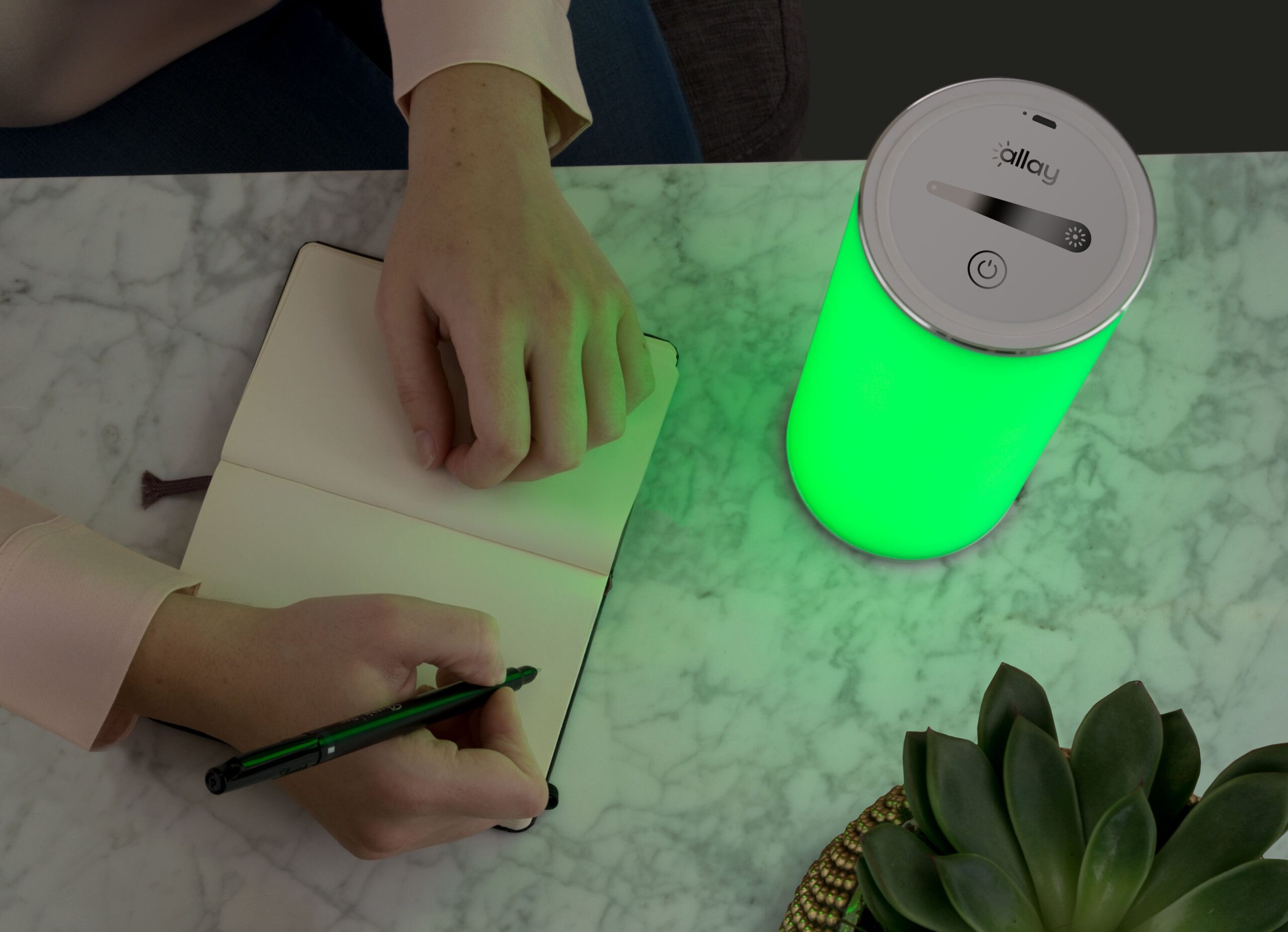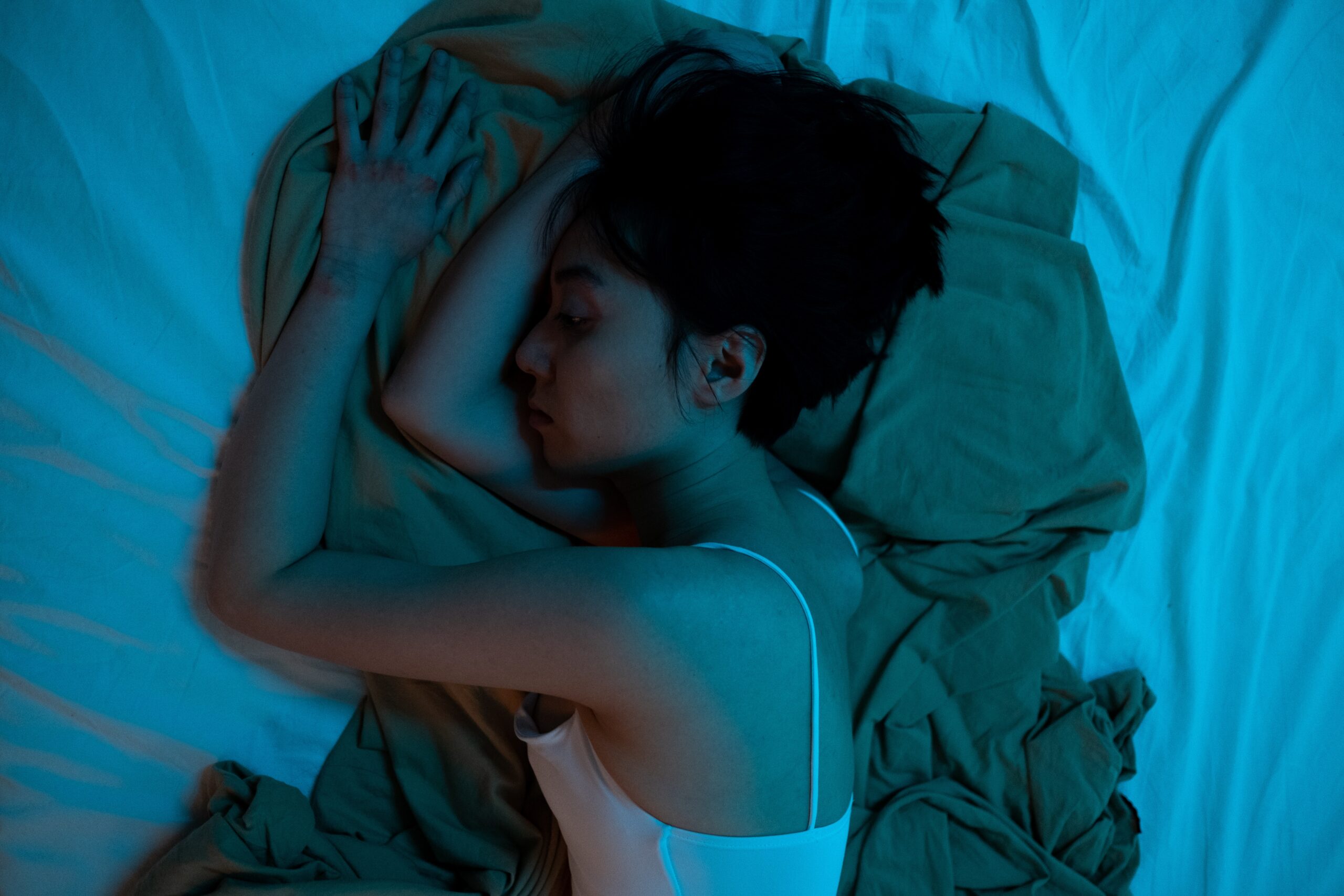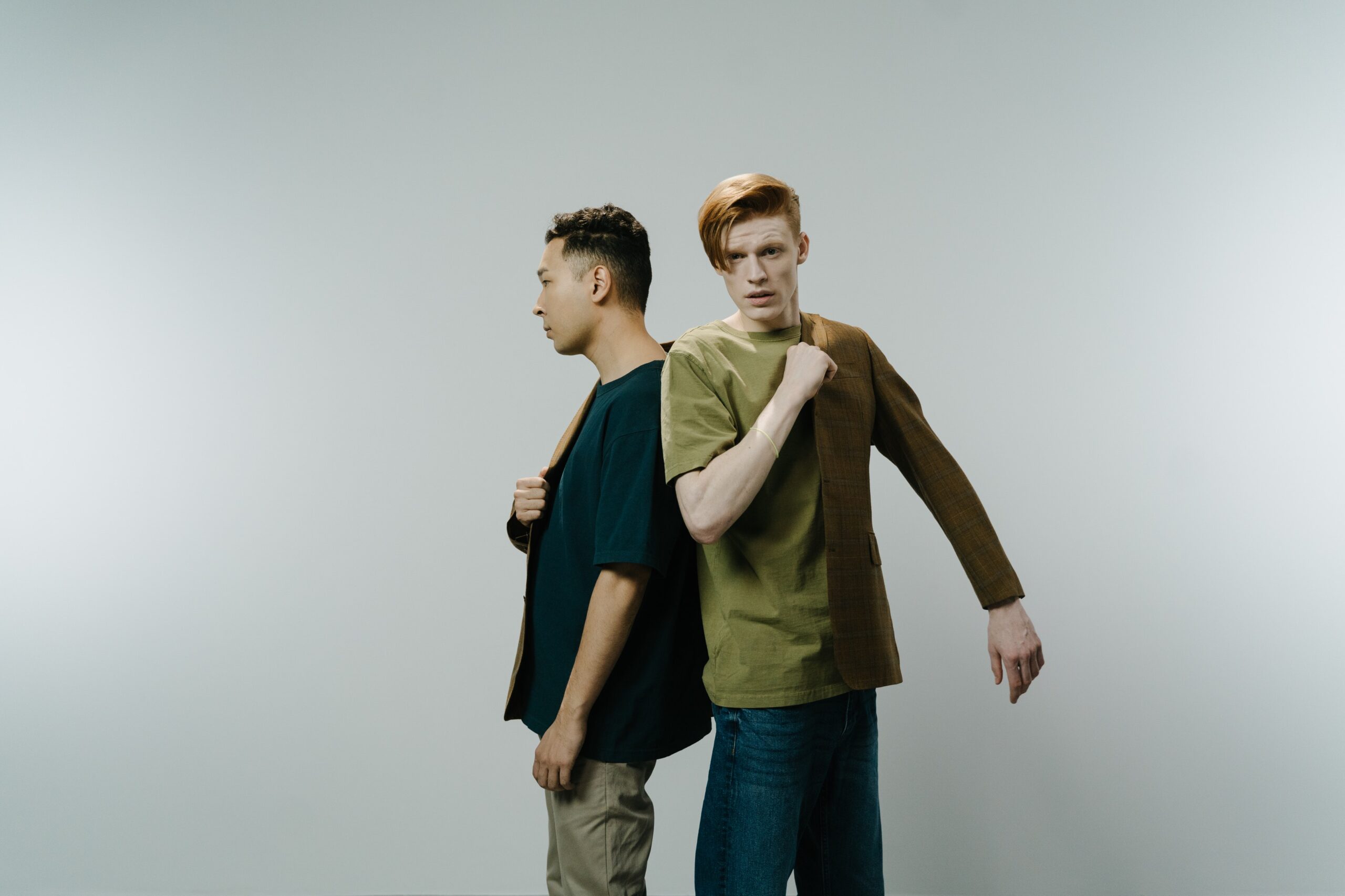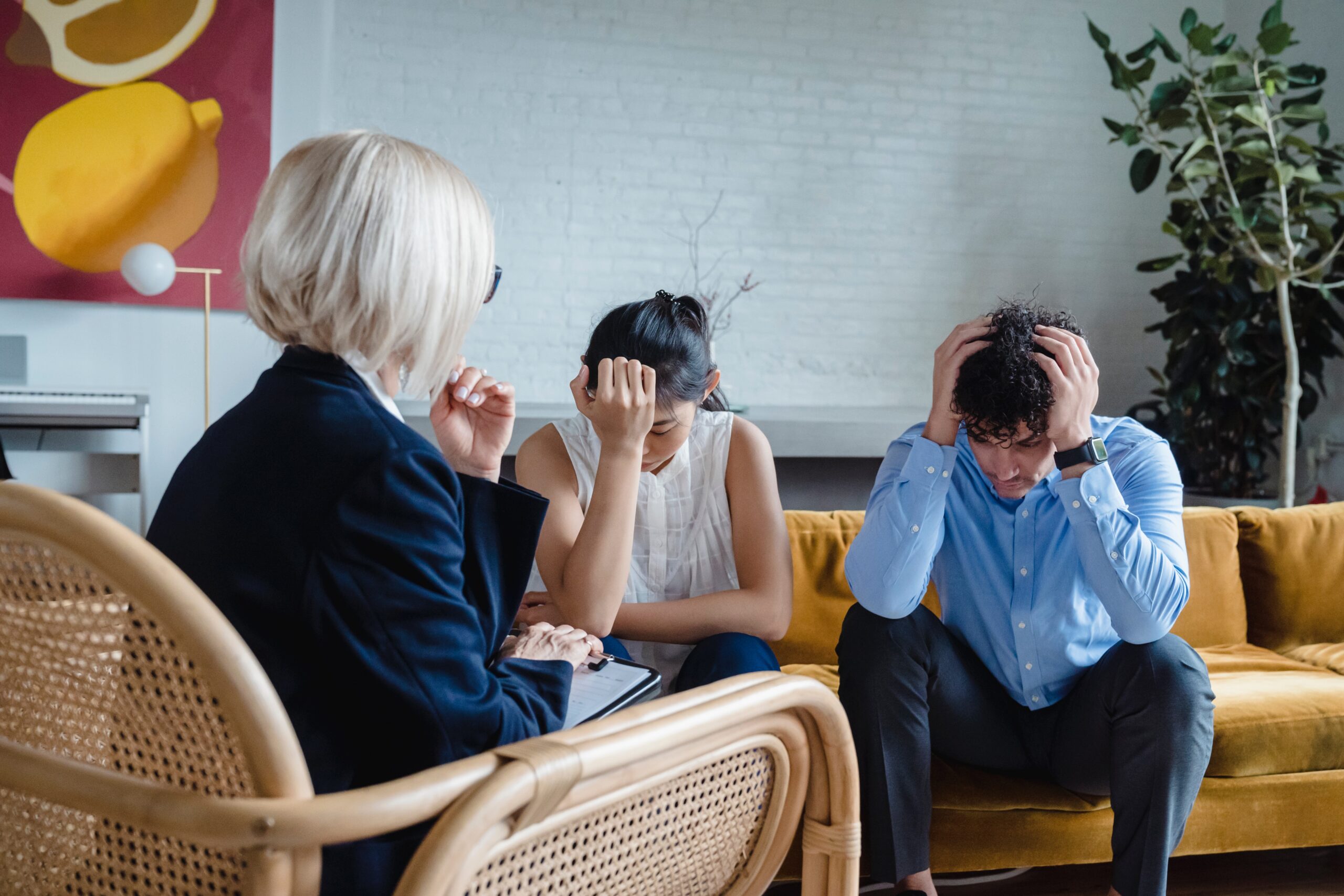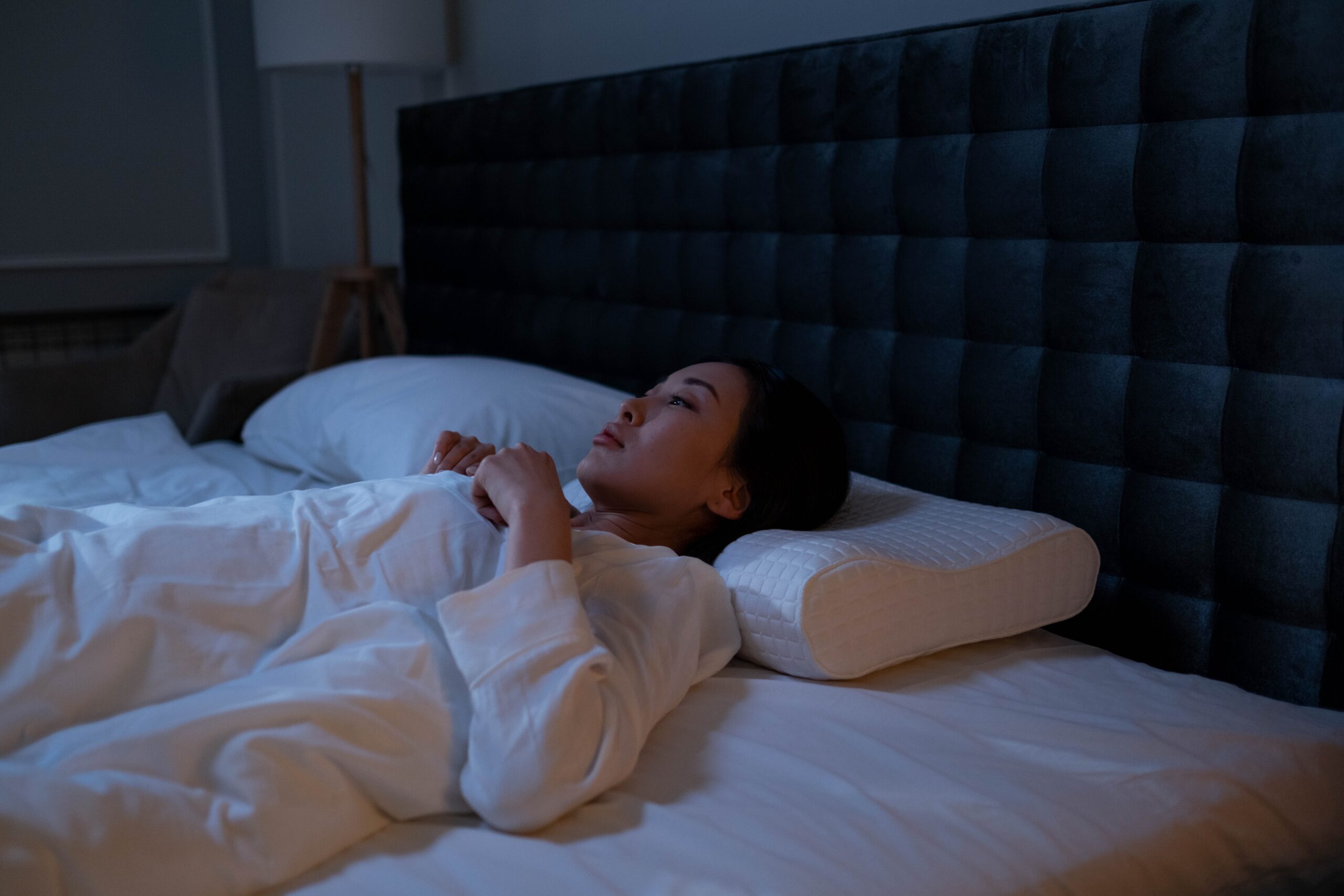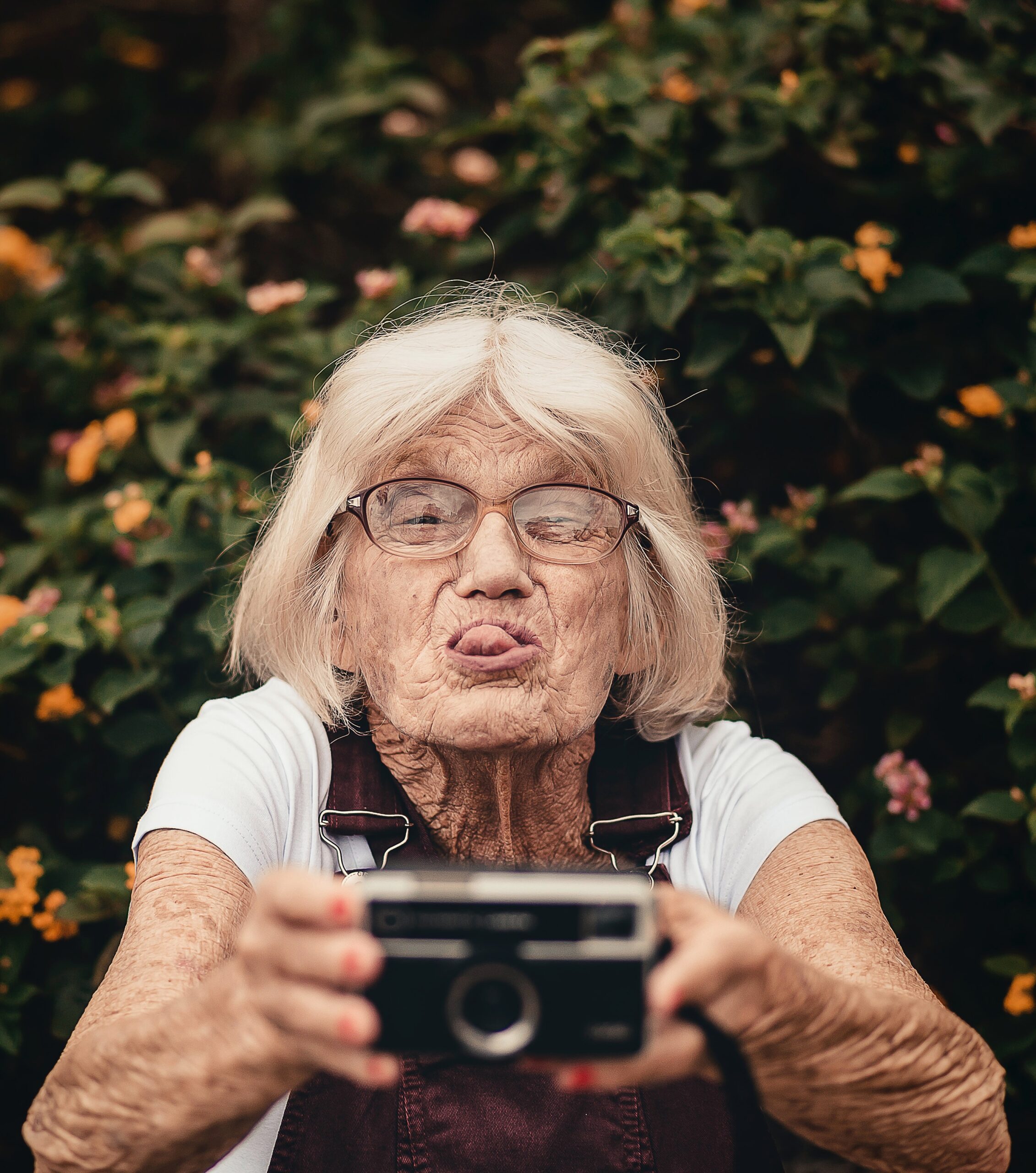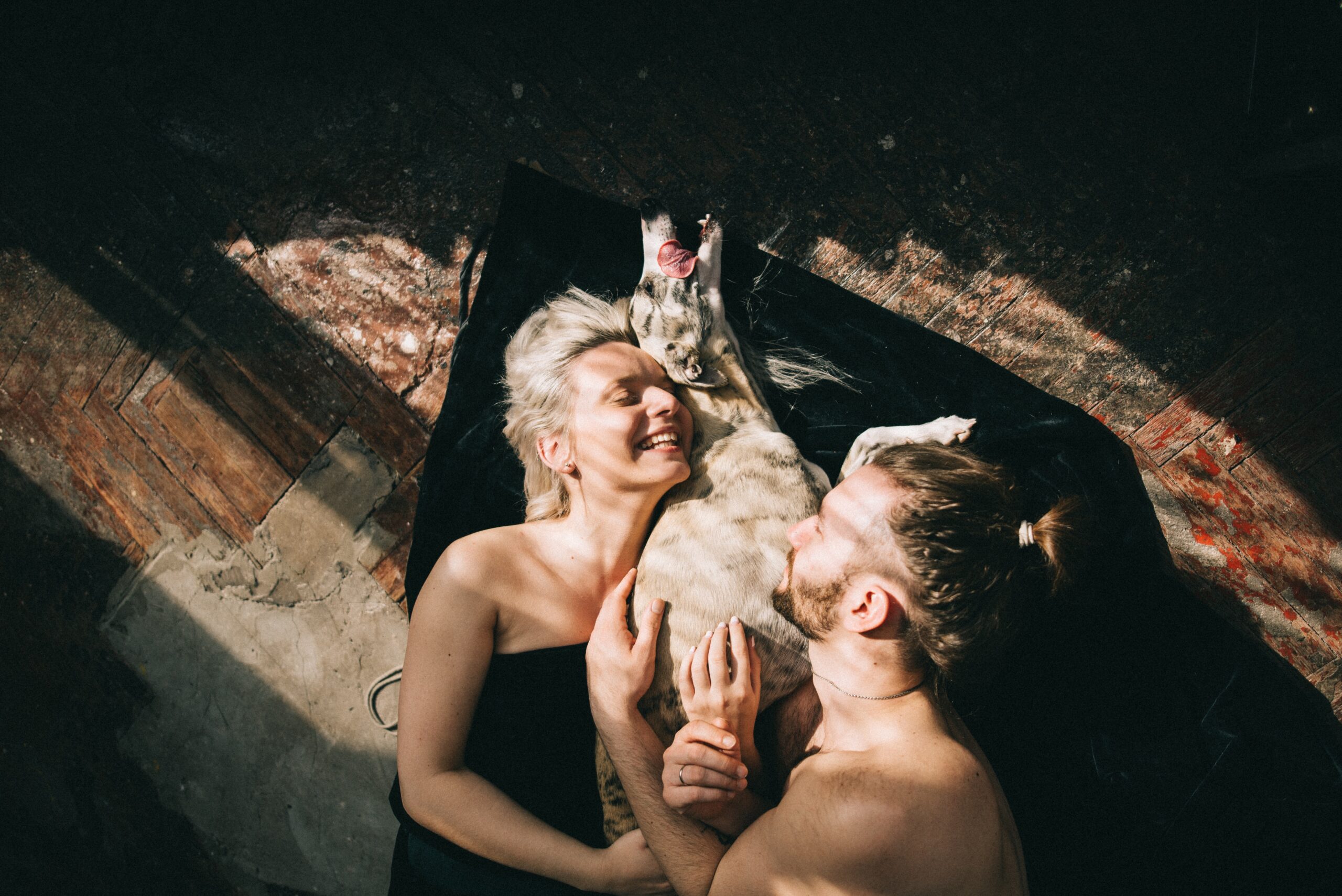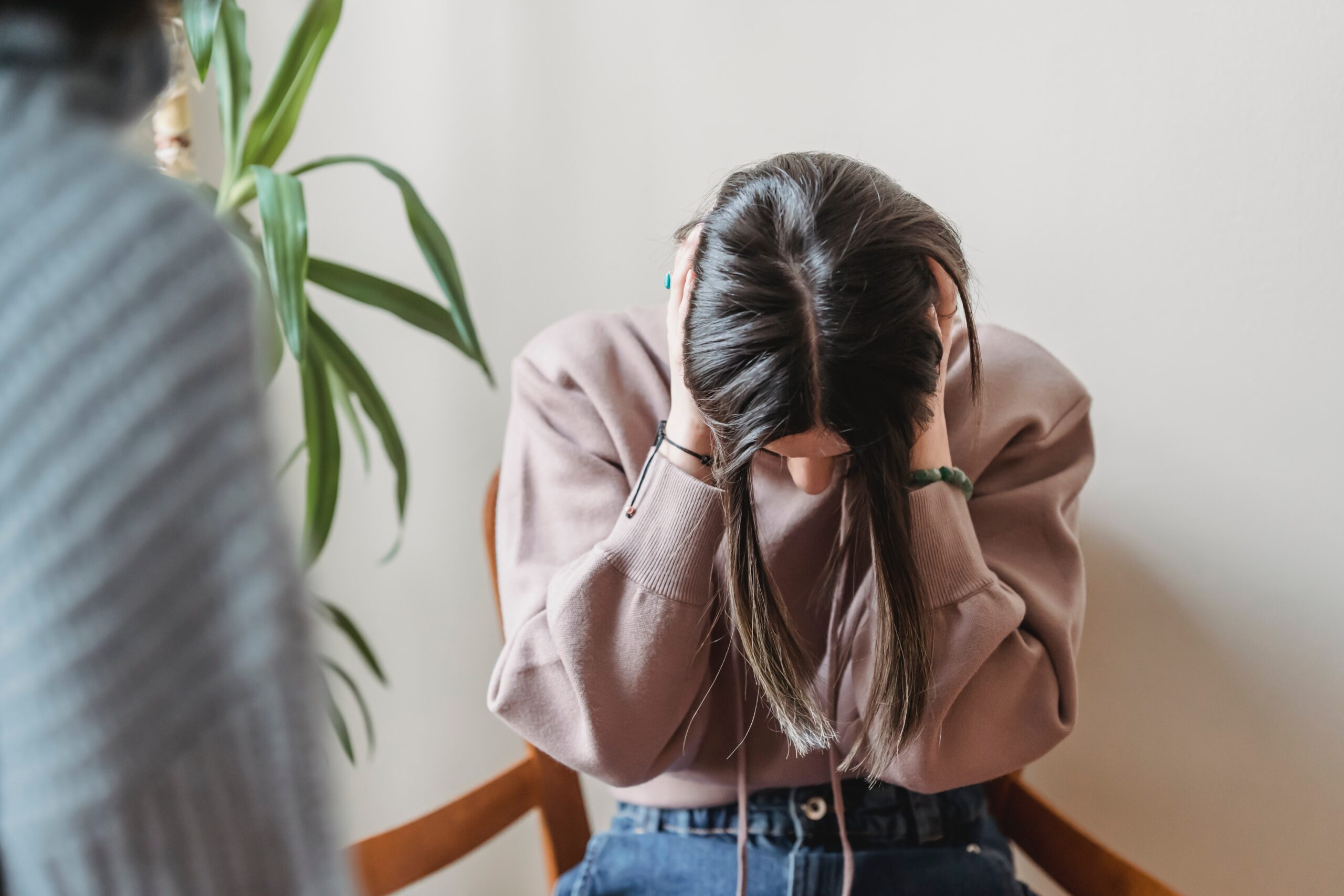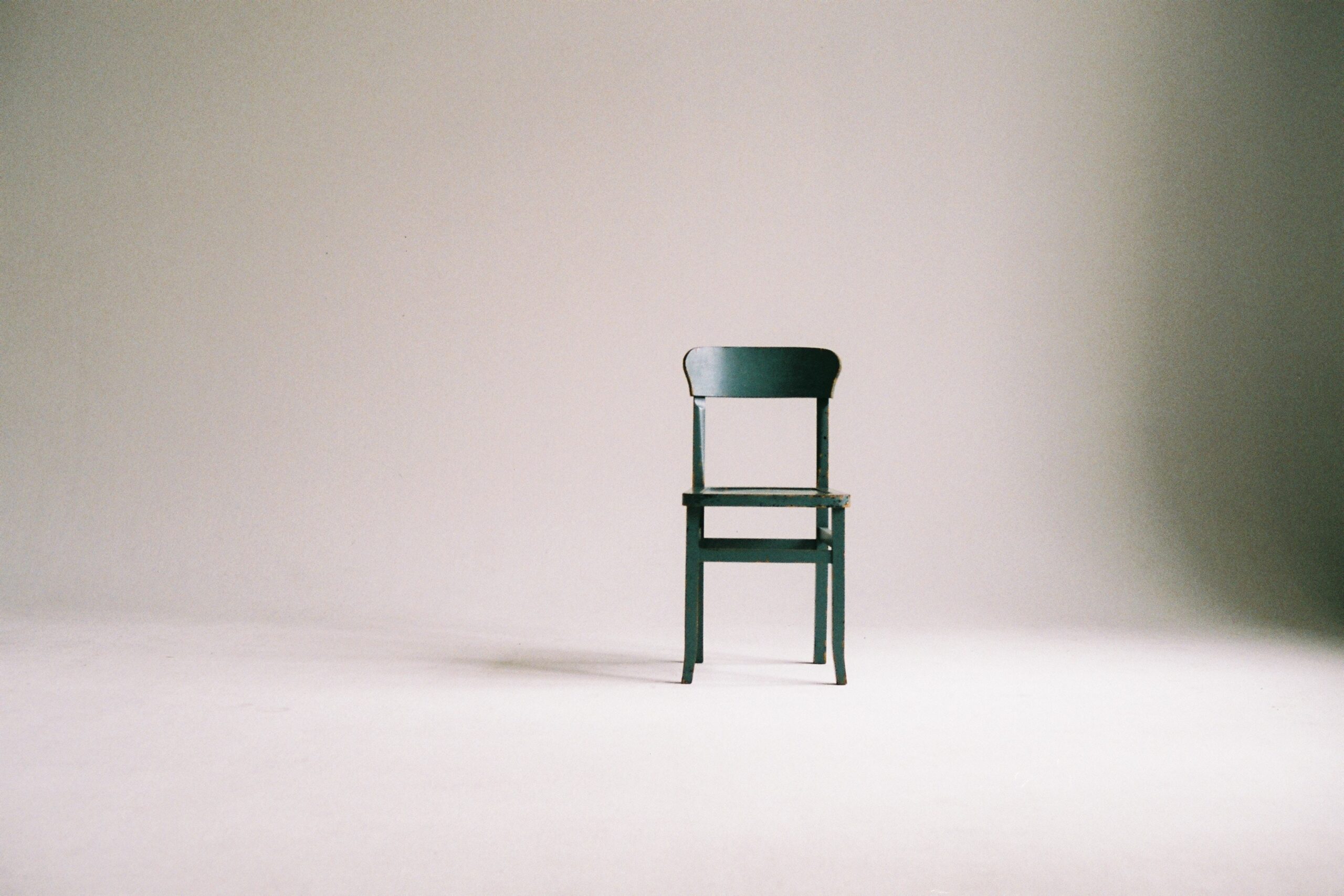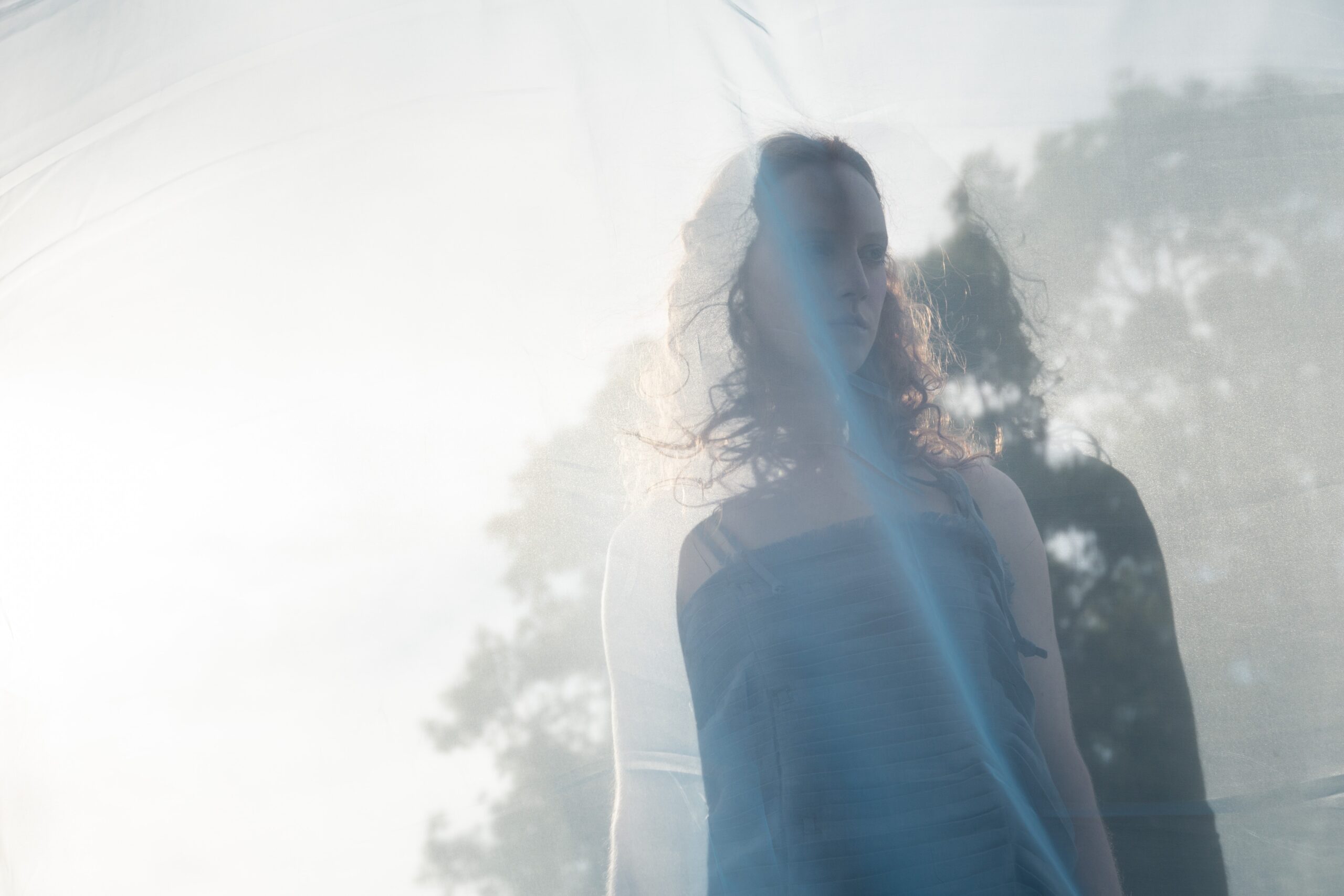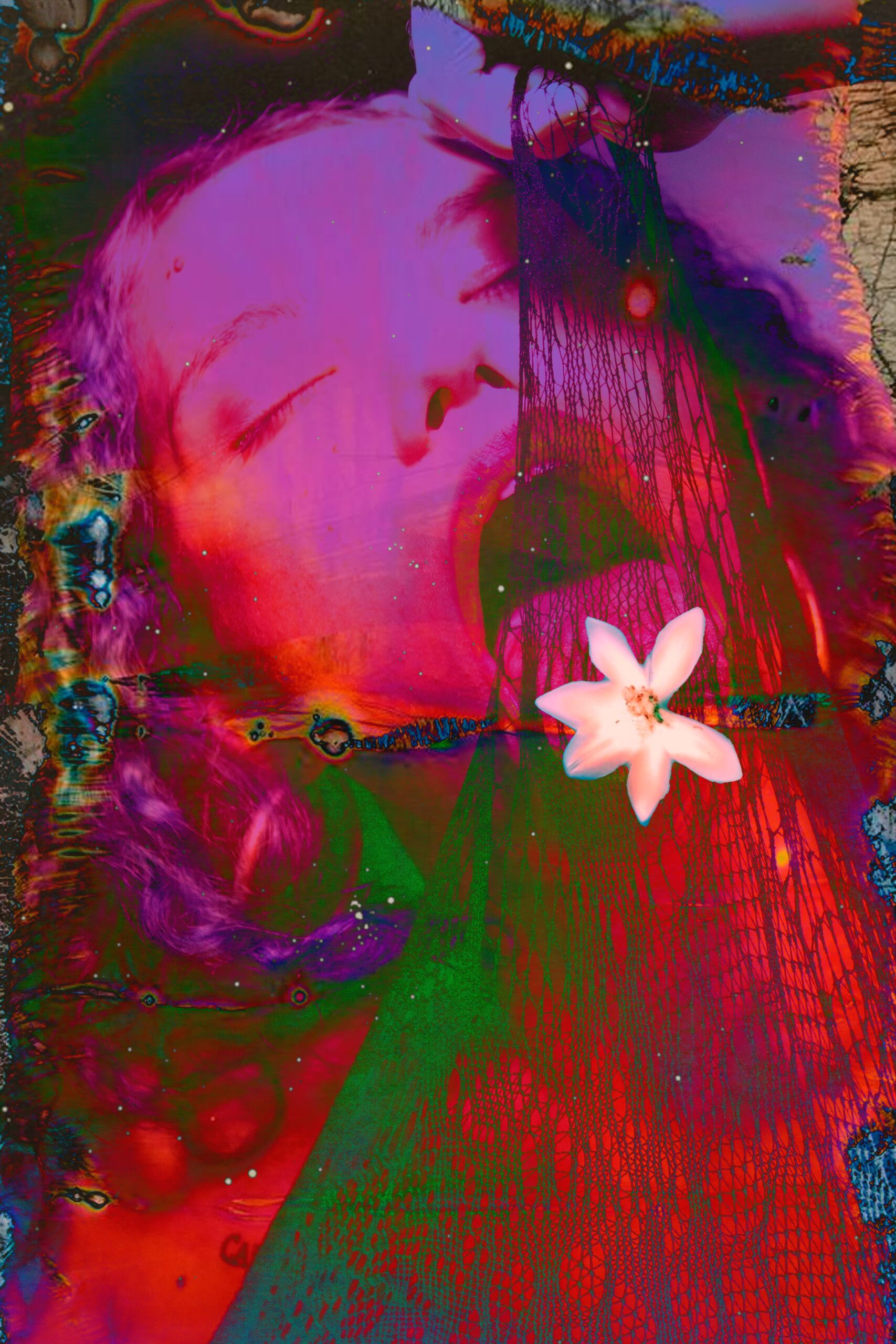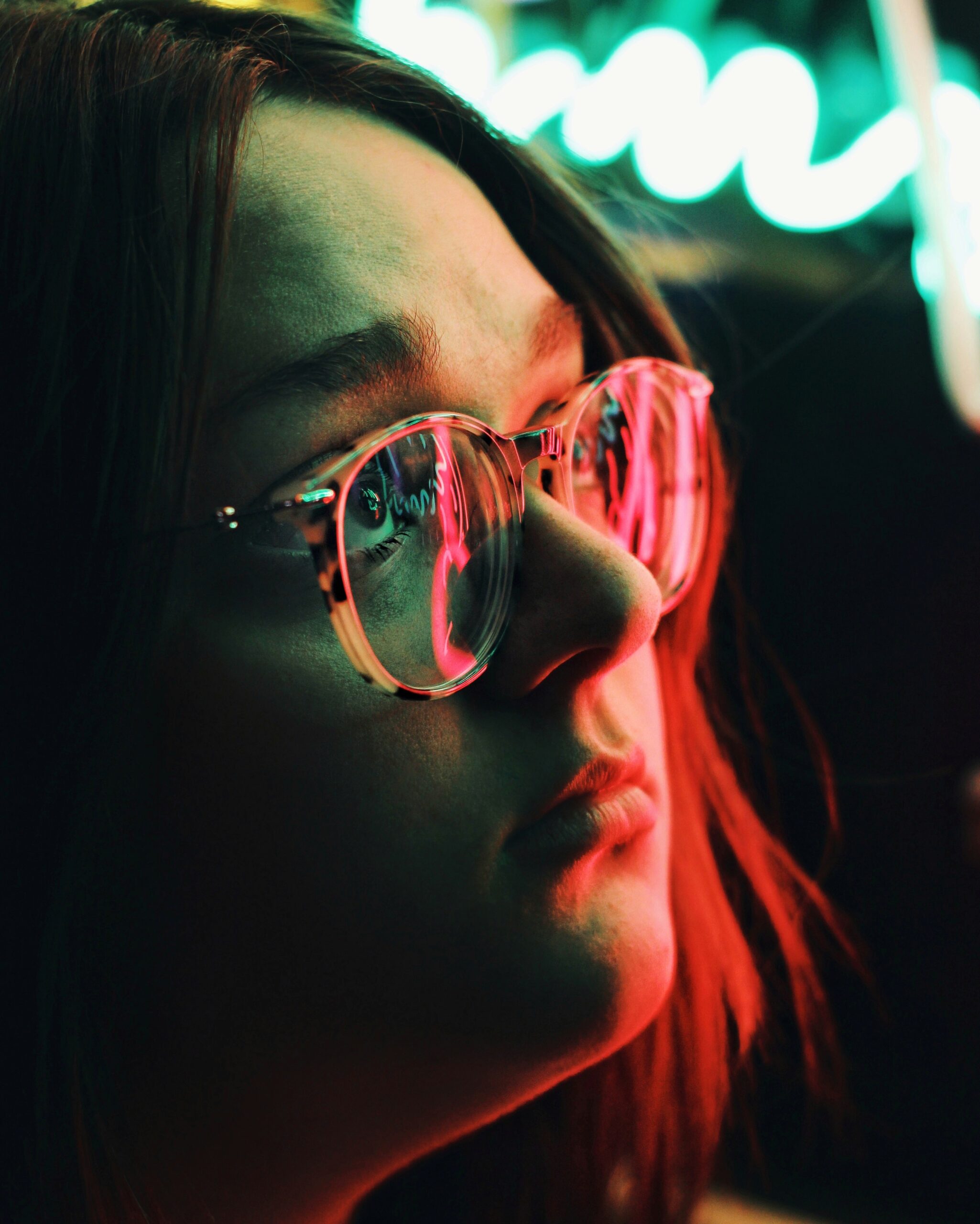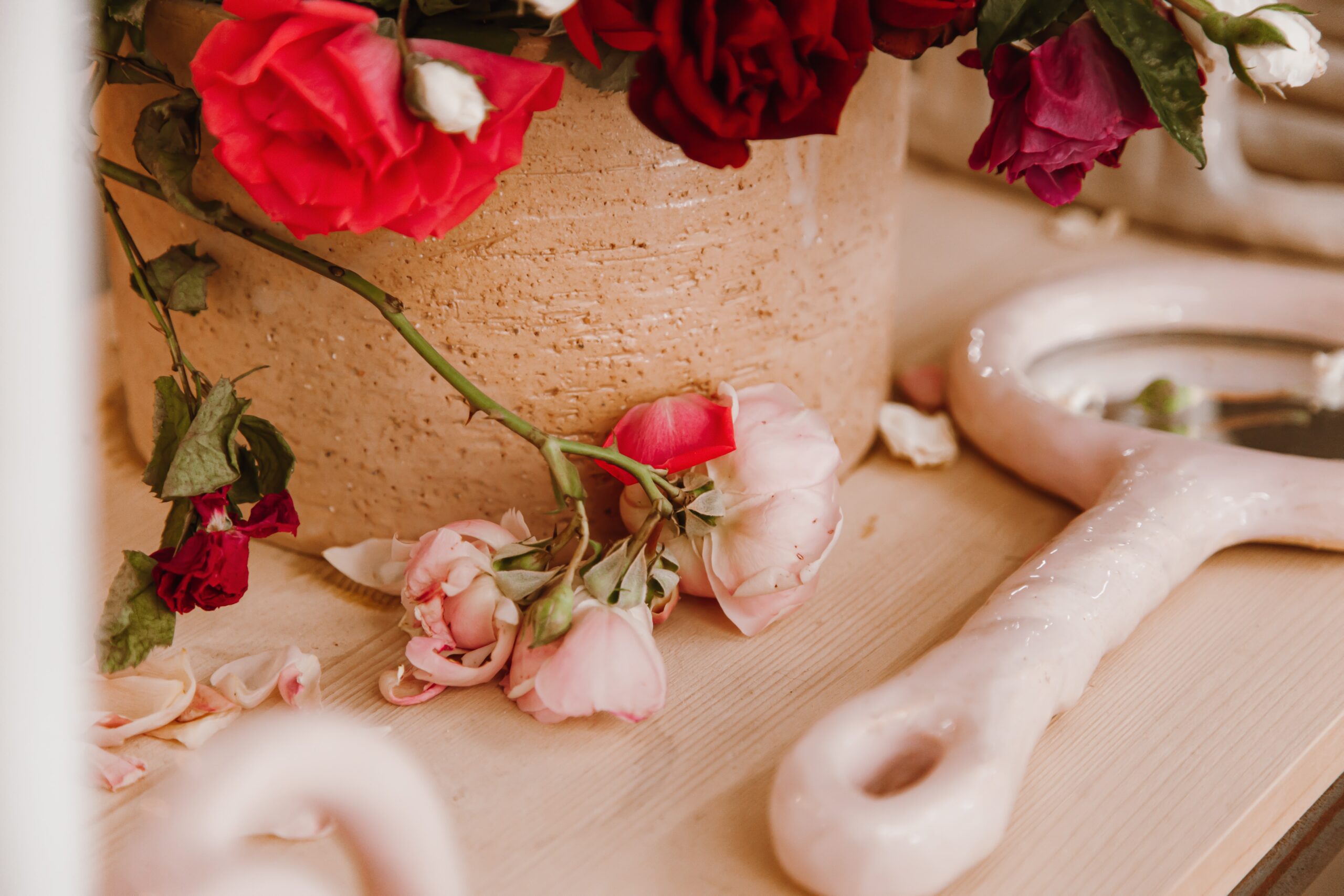Winnie The Pooh Mental Disorders are a way to simplify mental health conversations. Imagine stepping into a world where beloved childhood characters like Winnie the Pooh, Eeyore, and Piglet step beyond the bounds of Hundred Acre Wood and into the realm of mental health exchanges and share candidly about challenges they are having. This is exactly what “Winnie the Pooh” mental disorders represent. It’s a way to make complex mental health issues more relatable through the lens of our favorite storybook friends. Let’s look at the origins, meanings, and significance of “Winnie the Pooh” Mental Disorders.

Table of Contents
The Origin And Naming Of Winnie the Pooh Mental Disorders:
When it comes to navigating the intricate landscape of mental health, using the familiar faces of our childhood friends might not be the first thing that comes to mind. However, the concept of “Winnie the Pooh” mental disorders does just that. It’s all about attaching well-known characters to psychological conditions. It creates an approachable bridge between the complexities of the mind and our beloved tales.
Character Analysis:
Let’s dive into the Hundred Acre Wood and dissect these associations further:
Pooh’s Impulsivity and ADHD:
At first glance, Winnie the Pooh might come across as a lovable bear with a honey obsession. But dig deeper, and you’ll notice his impulsive behaviors, forgetfulness, and penchant for diving headfirst into situations. These traits align surprisingly well with the symptoms of Attention-Deficit/Hyperactivity Disorder (ADHD), a condition many can relate to.
Listen in to this episode of the Blossom Your Awesome Podcast with ADHD Expert Dr. Dara Abraham –
Eeyore’s Depression and Pessimism:
Eeyore, the perpetually gloomy donkey, provides us a glimpse into the world of depression. His constant pessimism, lack of interest, and low energy mirror some of the signs of this mental health condition. While his demeanor might be a tad extreme, it’s a poignant reminder of how depression can manifest.
Piglet’s Anxiety and Worry:
Piglet’s anxious disposition resonates with anyone who’s battled anxiety. His fretful nature, overthinking tendencies, and fears of the unknown reflect the hallmark traits of generalized anxiety disorder. Piglet shows us that even the smallest of creatures can grapple with the weight of worry.
For more context listen in to this episode of the Blossom Your Awesome Podcast with Dr. Kat People’s on identifying and letting go of triggers –
Rabbit’s Obsessive Perfectionism:
Rabbit’s meticulousness and desire for order might seem harmless, but they hint at the obsessive-compulsive traits that many people experience. His need for control and exactness mirrors the thought patterns of those dealing with obsessive-compulsive disorder (OCD).
Tigger’s Hyperactivity and ADHD:
Tigger’s bouncy exuberance and inability to sit still align with the hyperactivity often seen in ADHD. His boundless energy and spontaneous antics paint a vivid picture of the challenges faced by individuals with this condition.
You saw the link above to listen in to my conversation with ADHD Dr. Dara Abraham – click below to watch the interview –
Owl’s Pedantic Behavior and Dyslexia:
Owl’s tendency to deliver verbose monologues and his misadventures with reading letters upside down might indicate characteristics of dyslexia. His wise demeanor doesn’t mask the fact that he, too, navigates the world with unique learning needs.
The Impact and Significance:
Creating Awareness:
The beauty of associating mental health conditions with these iconic characters lies in its ability to generate awareness and connectedness. Associating the characters we know and love makes these complex issues more approachable and fosters conversations that might otherwise be difficult to initiate.
Challenging Stigmas Of Mental Disorders:
However, it’s important to consider potential criticisms and the stigma that exists with mental disorders. Some might argue that oversimplifying mental health can perpetuate those very stigmas or trivialize serious conditions. But on the flip side, using these characters helps break down barriers and normalizes discussions about mental well-being.
Critique and Controversy:
Criticism and Ethical Concerns:
Critics of “Winnie the Pooh” mental disorders raise valid points. Using fictional characters they believe may inadvertently reduce the gravity and seriousness of these conditions. Additionally, some say it presents and ethical dilemma and appears to make light of something as serious as mental health.
Balancing Entertainment and Education:
Ultimately we have to strike the right balance between using these associations for entertainment and still providing important information and education on the subject. While these connections can help spark interest and evoke curiosity, it’s crucial not to undermine the significance of the conditions themselves.
The Best Resource For Your Mental Health
As you know I’m a huge proponent of mental wellness and ensuring we all get the help we need when we need it. And of course, I don’t want you just to get any help I want you to get the right help so I am now sponsored by BetterHelp. BetterHelp is the world’s largest therapy service, and it’s 100% online.
BetterHelp offers a network of over 25,000 licensed and experienced therapists who can help you with a wide range of issues. Just click on the link below, answer a few questions and get matched with a therapist from the network. One of the most amazing features of BetterHelp, if you don’t jive with your therapist you can switch to a new one that’s a better fit for you any time free of charge. With BetterHelp, you get the same professionalism and quality you expect from in-office therapy, but with a therapist who is custom-picked for you, more scheduling flexibility, and at a more affordable price. Click the button in the image. You get 10% off at Better Help with my link above or click any one of the images below.
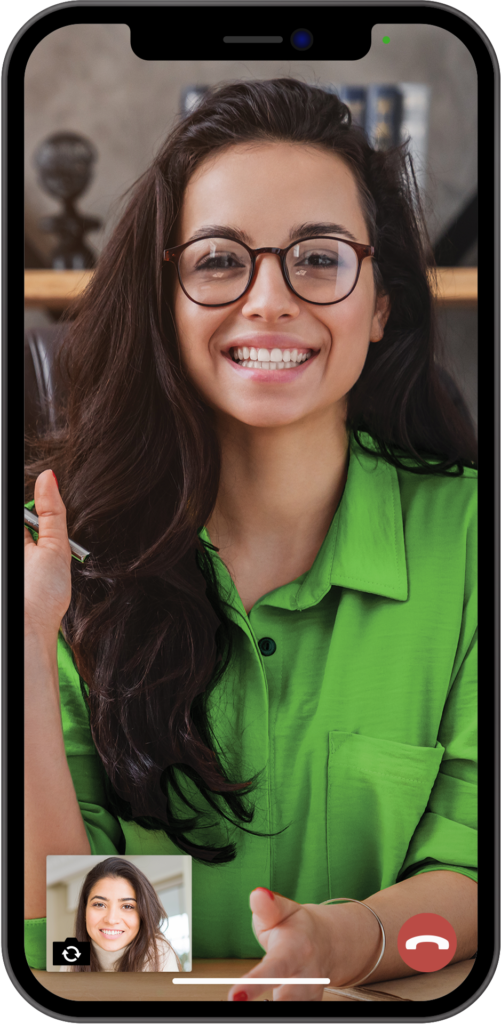
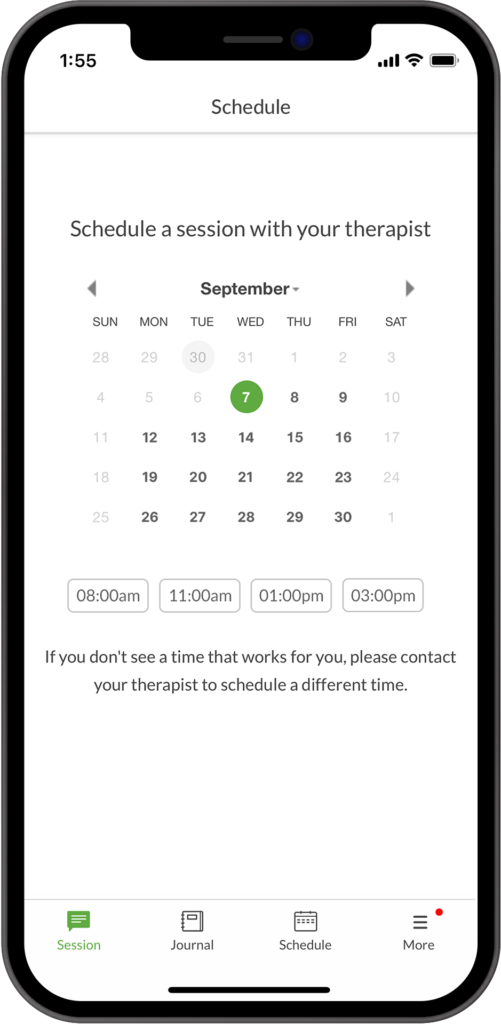
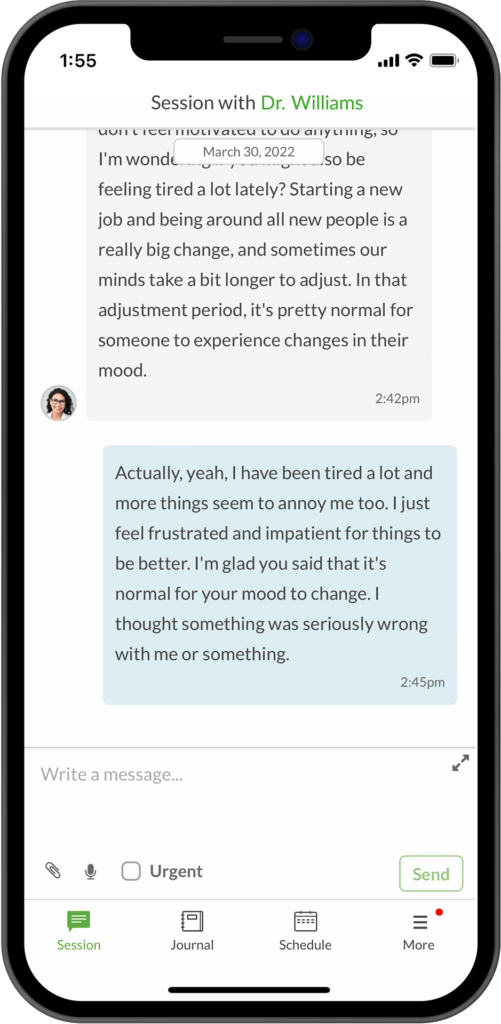
Conclusion:
Journeying through the pages of “Winnie the Pooh” and understanding “Winnie the Pooh” mental disorders, we’re reminded of the incredible power of storytelling. While the concept has its critics, it’s undeniable that it offers a unique gateway to learn about mental health. By intertwining the familiar and the complex, we have an opportunity to learn, empathize, and embrace a more open dialogue about the inner workings of our minds and mental health challenges. And just like our dear Pooh and friends, that’s a step toward brighter days in the Hundred Acre Wood of our own lives.
For more in-depth insights into mental health conditions, visit Mental Health Foundation.
FAQ Section: Unveiling “Winnie the Pooh” Mental Disorders
So now after all that you still may have questions about the implications, scope, and potential impact of this concept. Let’s address some of the most common questions –
1. Winnie the Pooh was always a beloved character; does referencing him in this way give it a negative connotation?
Absolutely not. Associating “Winnie the Pooh” characters with mental health conditions isn’t intended to cast a negative light on these beloved figures. Instead, it serves as a relatable way to approach the topic of mental health. By using familiar characters, we create a bridge between entertainment and education, allowing us to discuss complex issues in a more approachable manner. The goal is to reduce stigma, open up conversations, and foster empathy for those dealing with mental health challenges.
2. What about other characters in terms of mental health?
While “Winnie the Pooh” characters have gained prominence in discussions of mental health, they’re not the only ones who can shed light on these topics. Many fictional characters across literature and media exhibit traits that align with various mental health conditions. We should explore all of these associations to help provide insights into the human experience as they offer valuable opportunities for learning and reflection.
3. What if I know someone who I think may have a “Winnie the Pooh” Mental Disorder?
Recognizing potential signs of mental health conditions in friends or loved ones is a step toward supporting their well-being. It’s important to approach these discussions with sensitivity and empathy. Instead of directly referencing characters or terms, express your concern in a non-judgmental manner. Encourage open conversations and offer your support. If their struggles seem to be affecting their daily life, suggest professional help from a mental health expert. This is a positive first step.
Remember if you know someone who is struggling with mental health it’s important to approach it with compassion and understanding. Keep in mind that the ultimate goal is to get them the help they need.
